Blog
Artificial Intelligence (AI) and the Future of Project Management
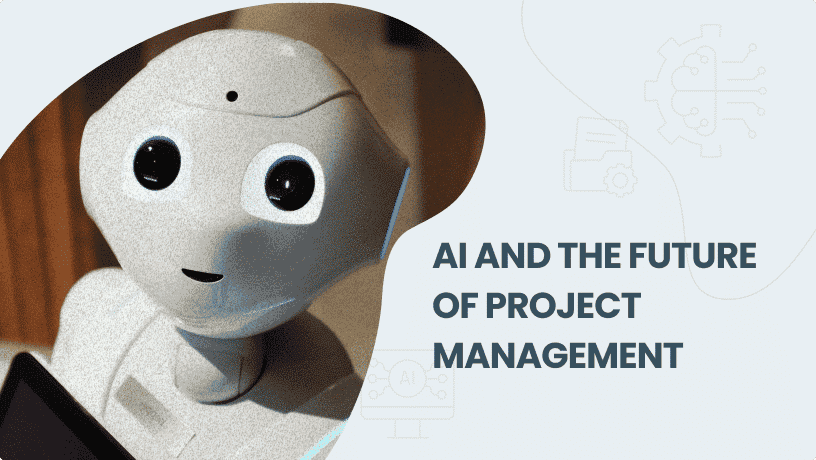
Assimilating the Concept
Before jumping into the influence of artificial intelligence in project management let us first look at the term AI. Although the term has been around for several decades now; for many, it still holds a science fiction ring to it. With varying understandings and interpretations of the concept it’s no surprise that feelings towards artificial intelligence continue to be vastly mixed, even today. On the one side, you might worry about the ethical and existential implications or simply fear that AI will rob you of your job and render human labor futile. And on the other, you may fantasize about the scope of potential advancements in all areas of our lives from science and healthcare to entertainment and travel.
Artificial intelligence’s presence has been growing constantly and with increasing momentum this last decade as we see it creeping into more areas of our lives. Before getting skeptical, note that AI is not only about the Siris and Alexas of our world. Features you hardly give a second thought to like Spotify and Netflix recommendations, route time estimations from Uber or Google maps, bank card fraud detection or even your email’s junk folder all use some level of AI.
Artificial intelligence first appeared in project management back in 1987, and although it has been slow to evolve until now, things look set to change soon. But there is no need to fear these changes; just think how quickly we forget how we ever lived without a new technology once we’ve adopted it. Well, AI should be approached and adopted in much the same way; because like it or not, it’s here to stay. So, let’s look at AI’s relationship with project management now and how it will evolve. By the end, you may even start looking forward to welcoming this newest asset to your project team.
Artificial intelligence in Project Management today
Think of the progress that has been made in project management to this day. A plethora of tools and features now exist to help you communicate, collaborate, plan, budget and manage better. From simple to complex software, all levels and aspects of project management have evolved considerably in the last decades; and the trend seems set to take a leap forward with AI. It’s just a natural progression.
Today AI is associated with simple task automation and chatbot assistants, but it’s expected to move towards predictive project analytics, advice and actions in the not-so-distant future. And that’s when its contribution will go from being just helpful to truly meaningful.
Artificial intelligence’s current contribution to project management is still at a very low rung in terms of what AI – a simulation of intelligence by a machine/computer system – truly signifies. With the help of algorithms and great data processing capabilities, AI provides us with automations, integrations and chatbots. Although far from autonomous thinking, they do provide us with some advantages:
Before you get too excited…
There is one important caveat to AI’s performance and evolution to autonomous action: usable data. AI relies on being fed data to assimilate and learn and eventually extrapolate. The more data it is provided, for example the more past projects it has facts on, the more accurate the metrics it provides for measuring quality, performance, effort, etc will be.
This essentially means that AI is only as powerful, efficient, or reliable as its data. And although more is certainly better, in this case quality still trumps quantity. If the data is messy, unstructured, or faulty, it will not serve as quality learning material for the AI, which in turn will provide poorer judgement and predictions. Before you invest in AI, understand that preparing your data and data infrastructure is critical to building an intelligent AI system. The more suitable the data, and the more of it there is, the broader the scope of AI possibilities and the more benefits you will reap from it.
Artificial intelligence in Project Management tomorrow
As AI evolves and grows with time, its contribution to project management will become more significant and certainly more meaningful. AI is expected to introduce machine learning into project management practice before eventually becoming completely autonomous and no longer requiring any human intervention to operate. This last phase being still some time off and not necessarily applicable to all project management sectors. Tomorrow, AI will be able to perform more complex tasks and make decisions in ways not conceivable for humans.
With evolution the data challenge may find itself resolved as AI:
- Makes good enough assumptions to fill in blanks of missing data
- Motivates and encourages team players to improve the quality of their data through chatbots and integrated systems
- Creates new layers of mega data.
And project management is set to be elevated in the following ways:
A world of robot PMs?
For all its present capabilities and its boundless future possibilities; it’s unlikely that AI will replace human PMs. Certainly not in the foreseeable future and not with AI as we envisage it today.
Being a good PM involves good planning, allocating and assigning of the right resources and good communication. It also requires completing project objectives within and preferably under schedule and budget. If actual people were not involved in any of the processes, then yes, only then possibly could a robot do a better job in a lot of these areas.
One of the critical elements that makes a good project manager is emotional intelligence. Things like intuition and empathy cannot be taught to a machine. The ability to deal with surprises, resolve personal problems and issues between colleagues (all common with humans in the work environment), is crucial to managing and delivering a project successfully. As long as humans remain unpredictable and imperfect, and we certainly hope they do; there’s a significant area of project management that will never be fully controlled or risk-free. Robots do not have the nuance, flexibility or “humanity” needed to manage people; only a human’s ability to negotiate, compromise and understand people can lead and inspire teams to success.
And finally, autonomous portfolio and project management may lead to autonomous investment decisions which humans are unlikely to forgo control of in order to manage the risks involved.
In summary
The evolution of artificial intelligence in project management is on our doorstep and unavoidable, so embrace it. Project managers may not get replaced by robots; however, it will be the project managers who learn to use and work with AI that will pave the way forward for the successful project management of tomorrow.

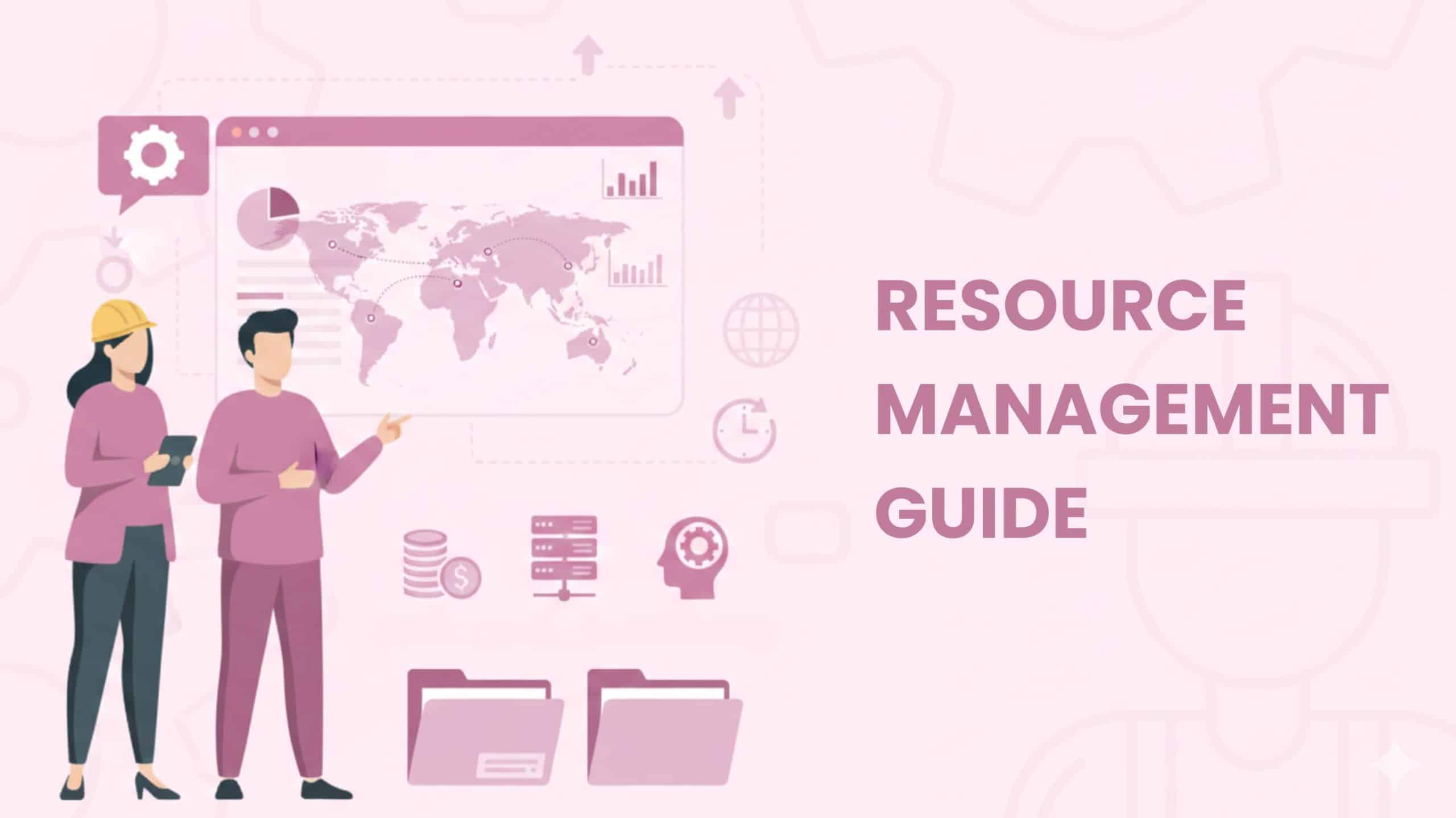
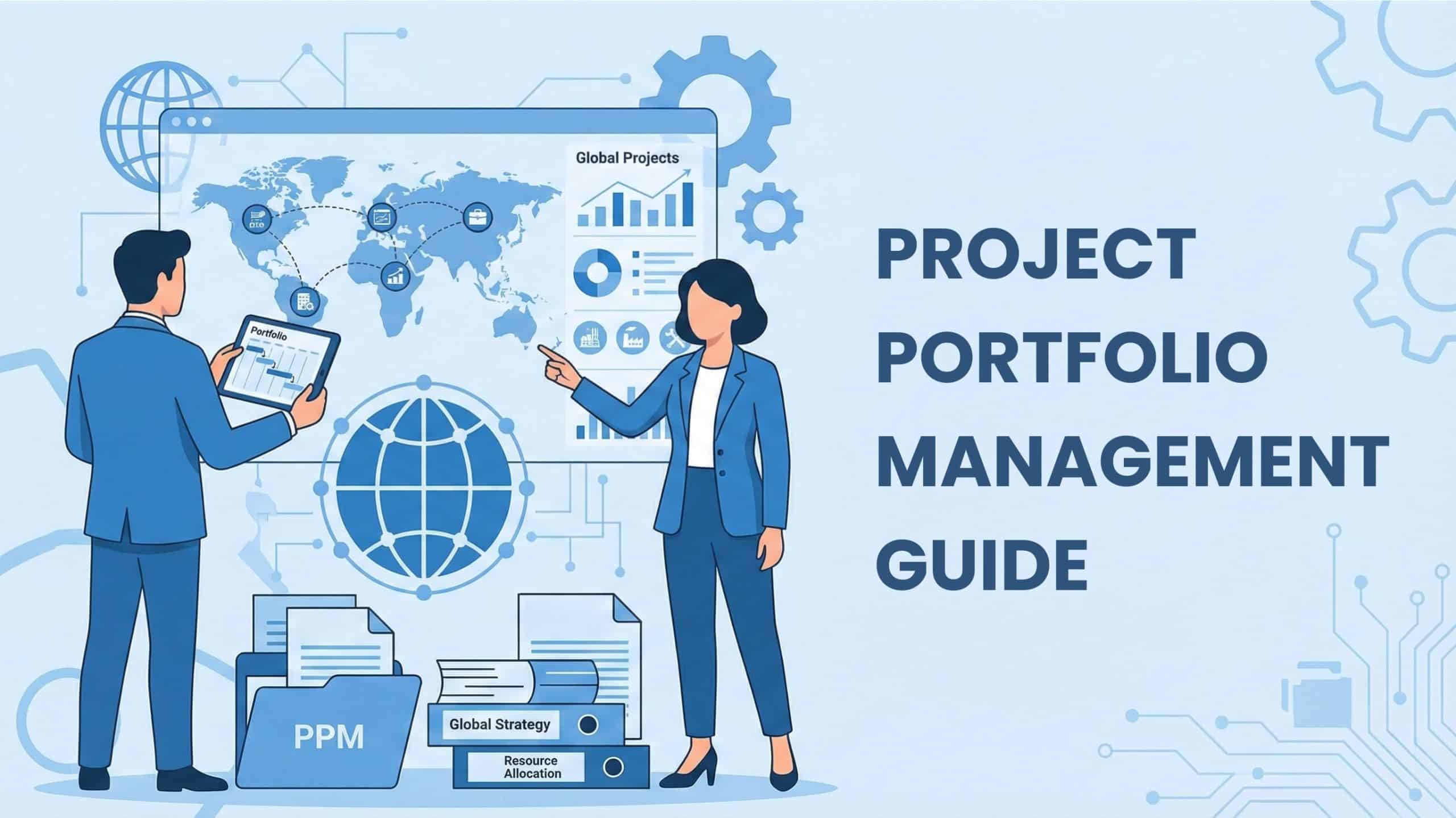

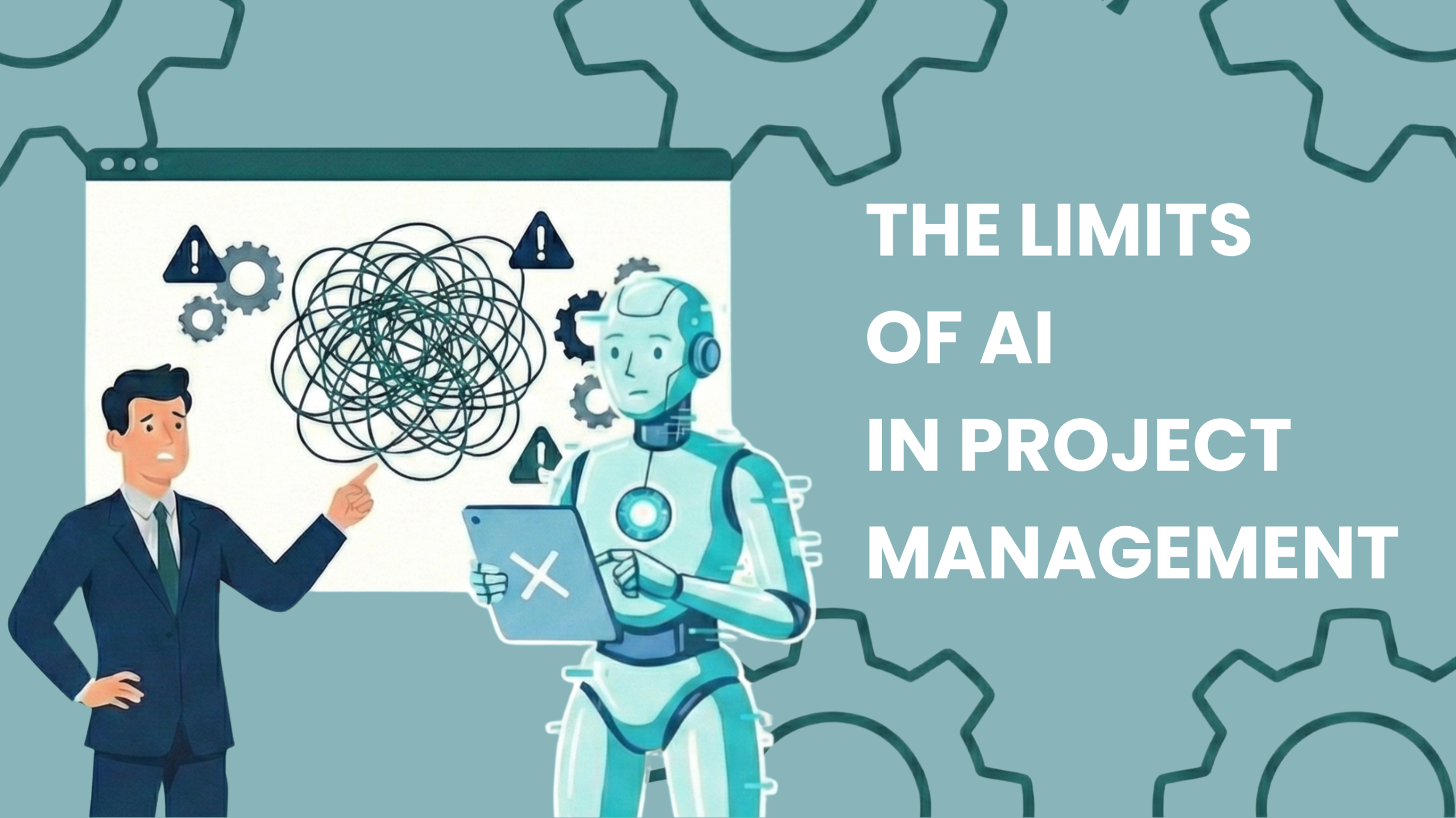
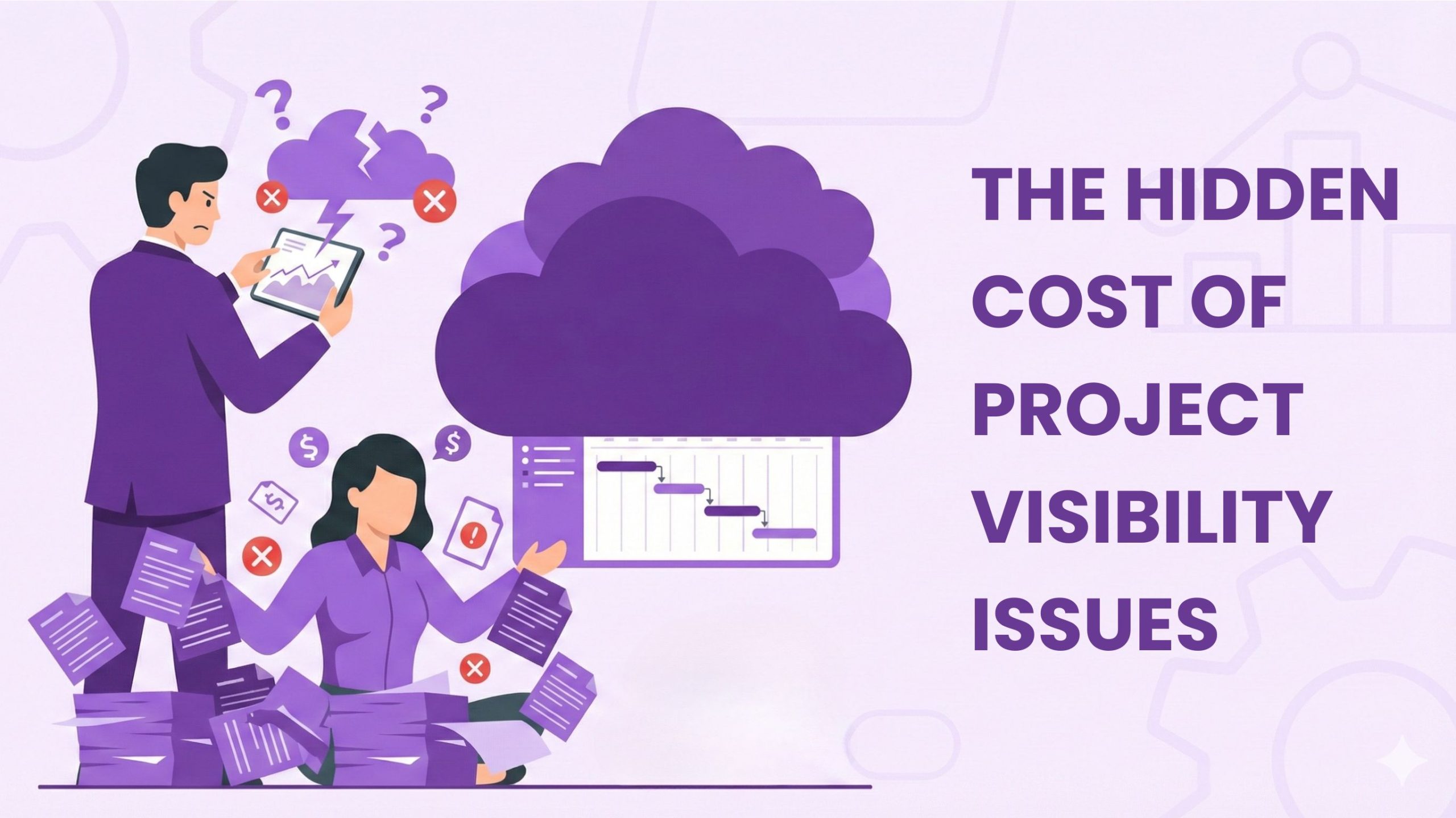
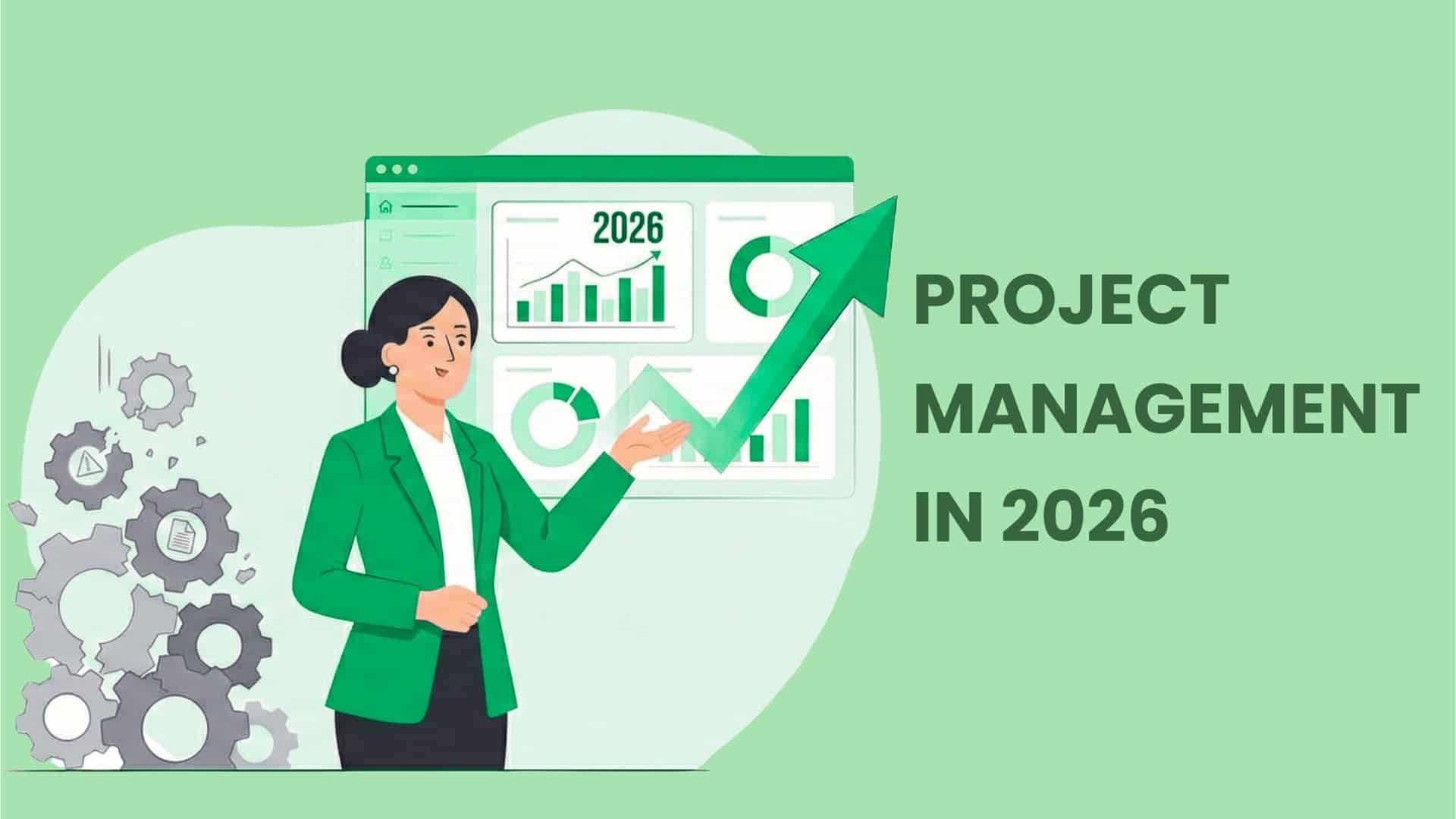
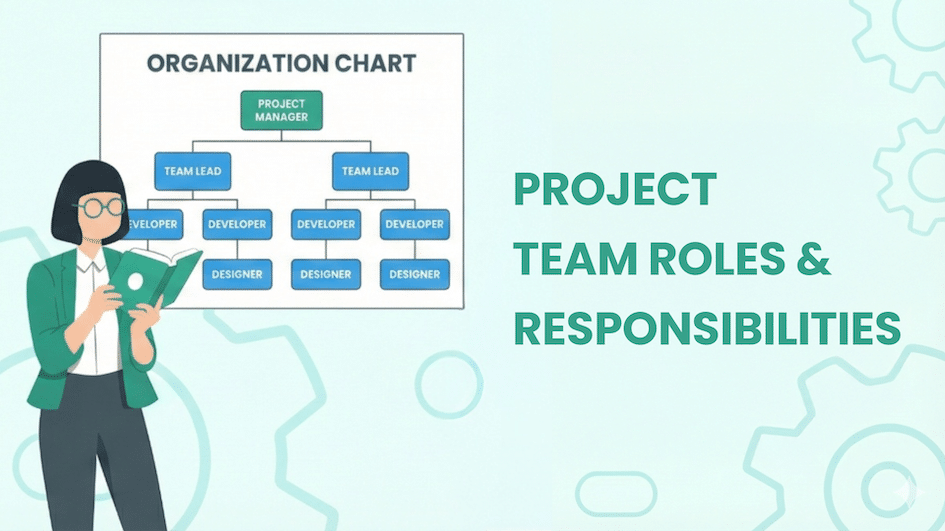
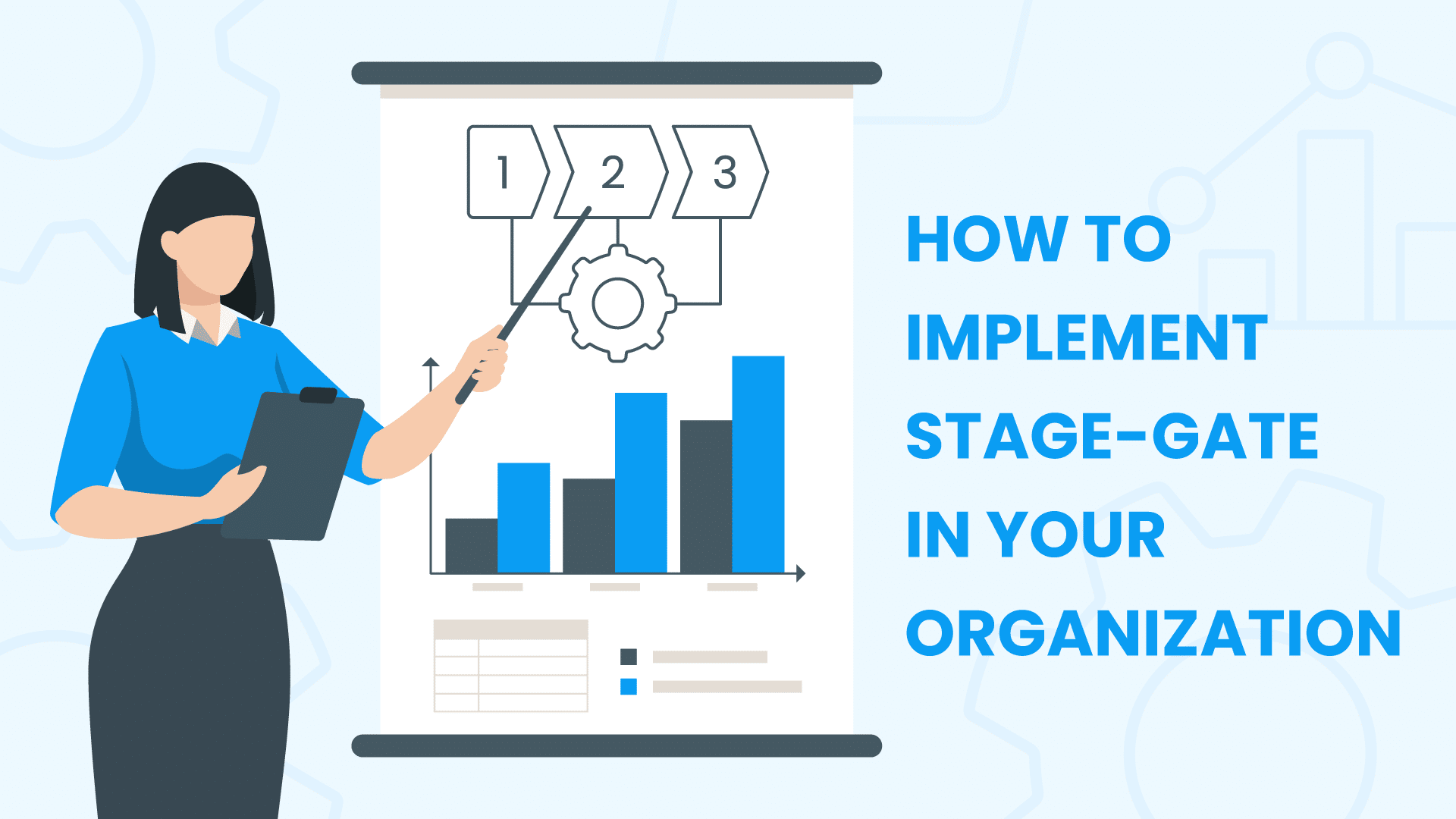


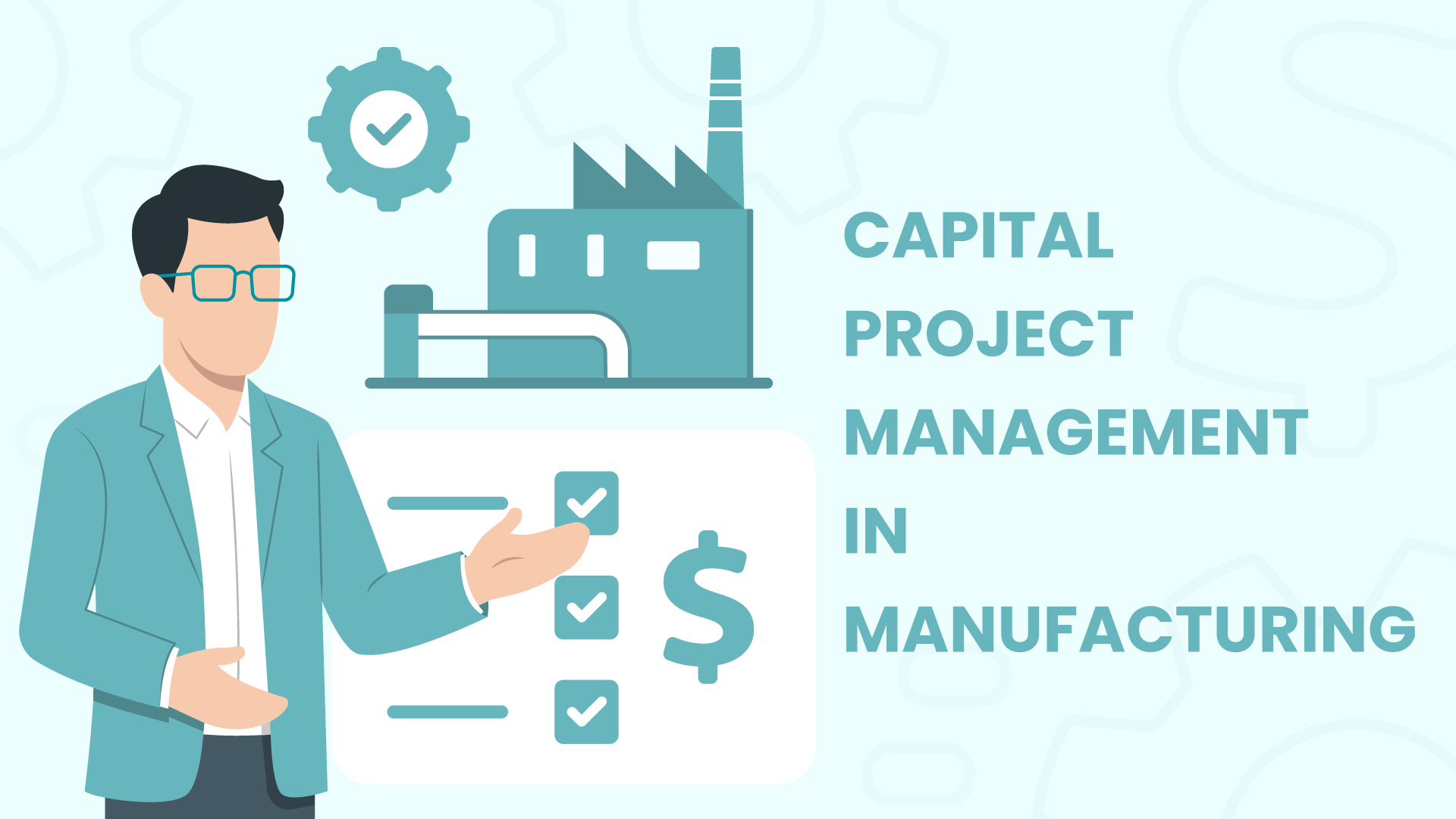



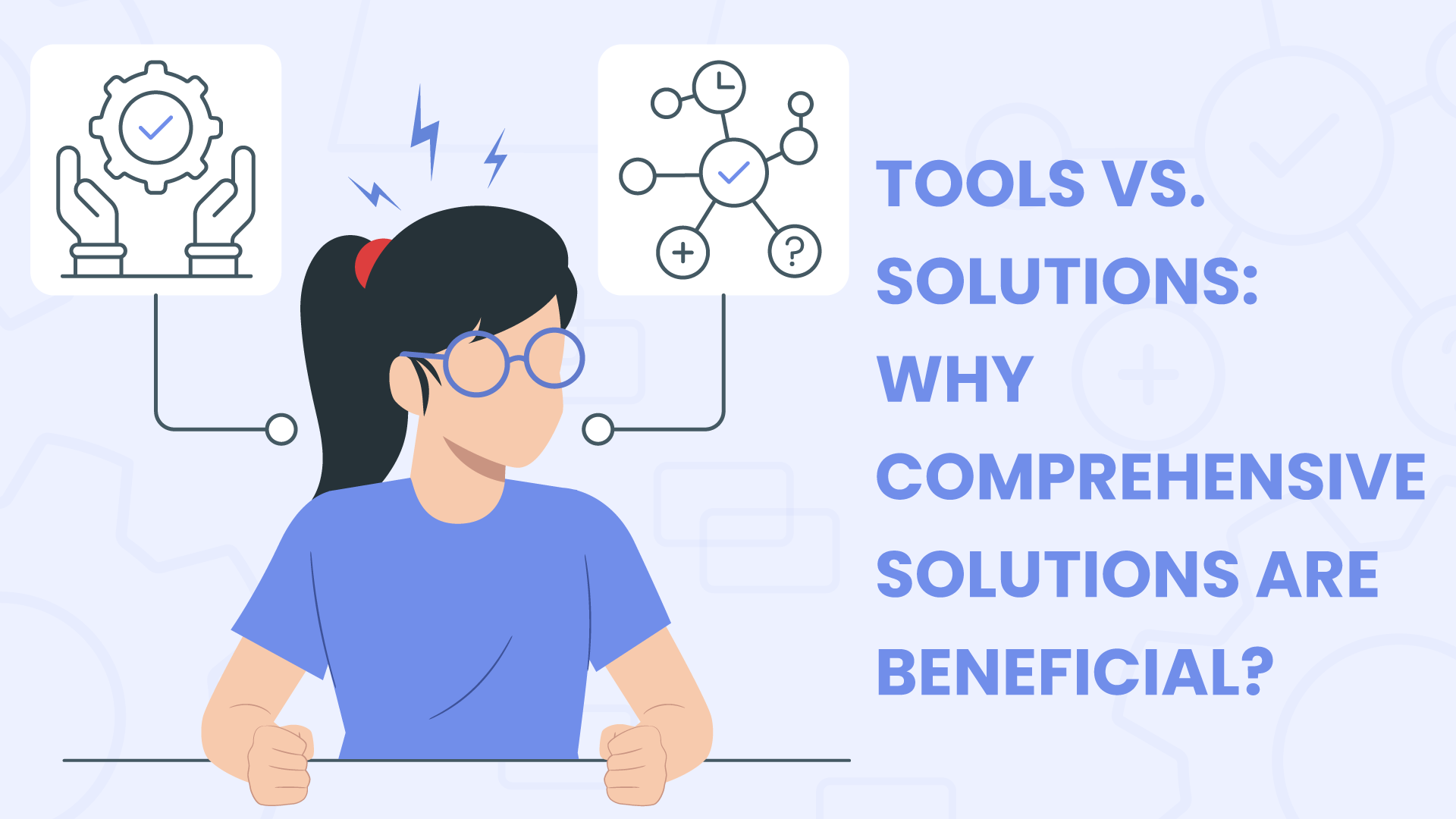




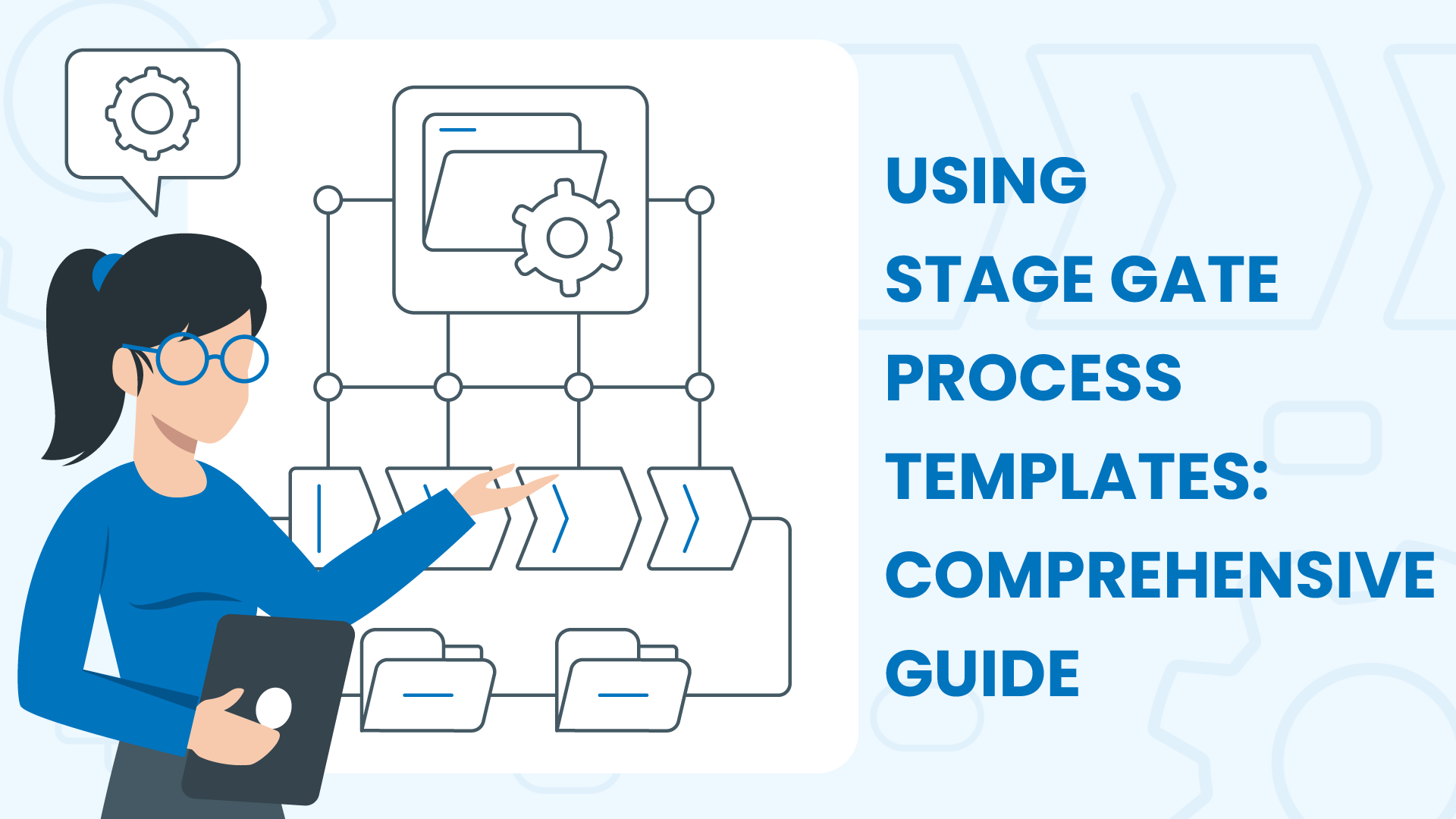




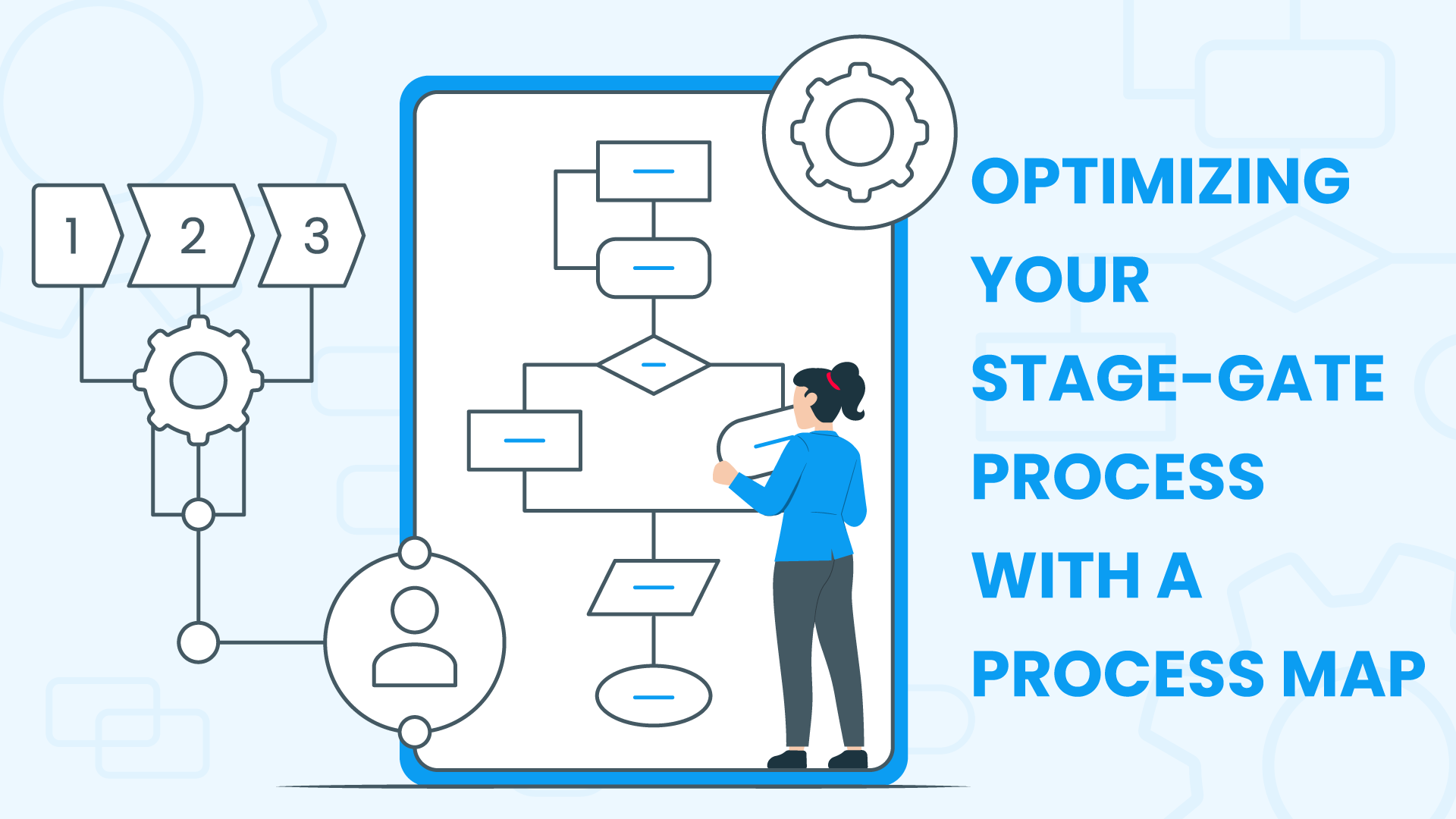


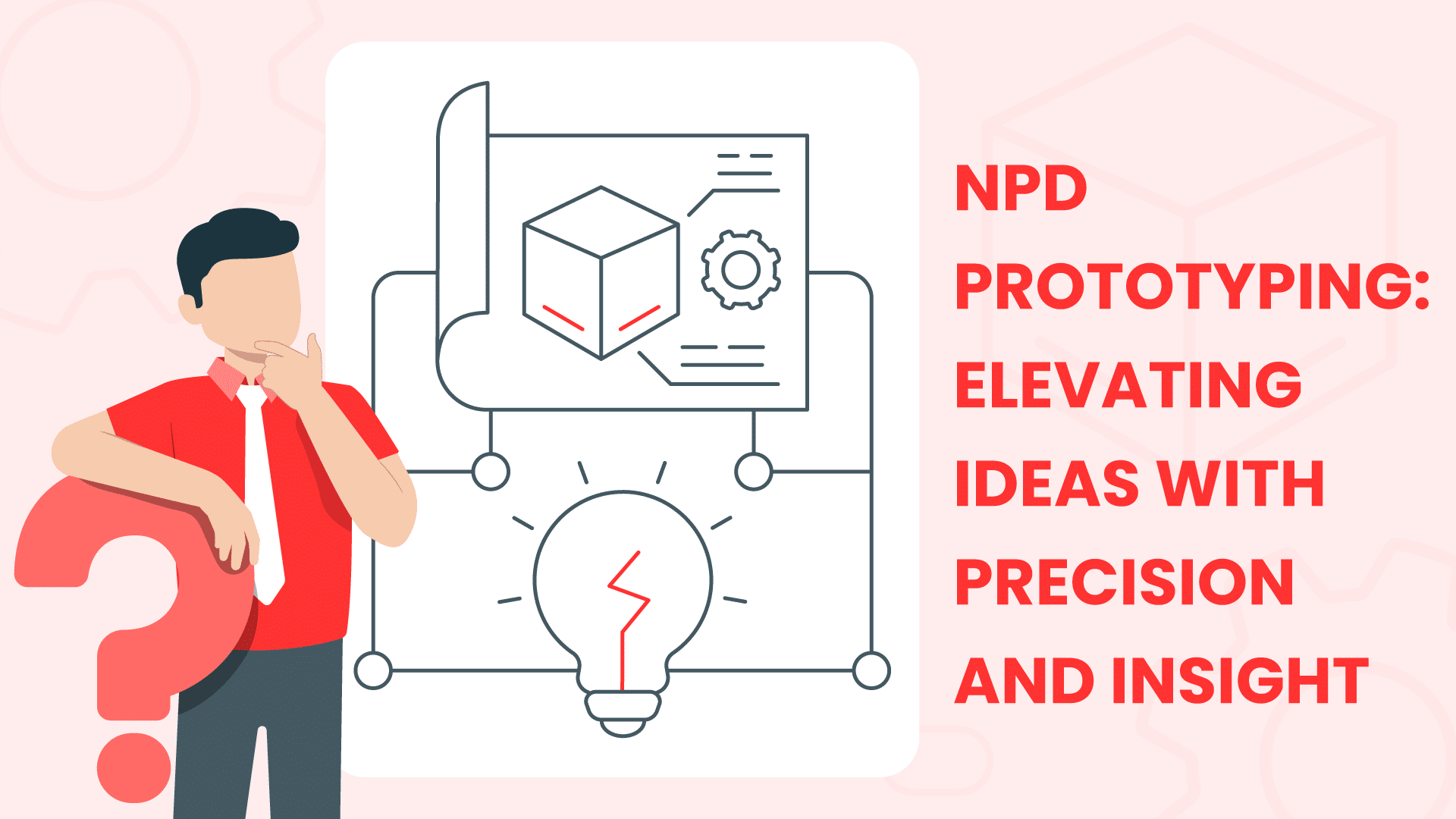

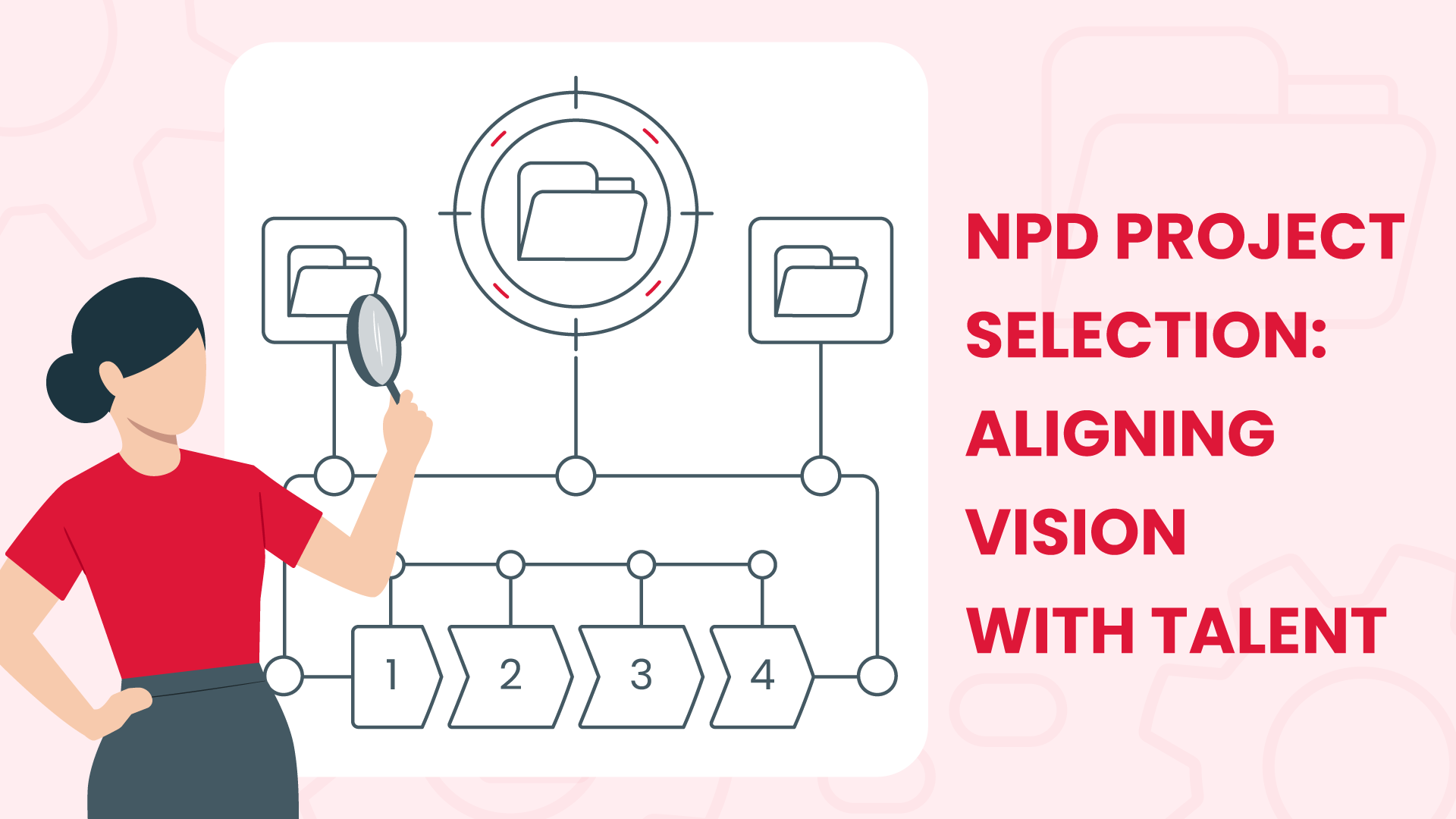

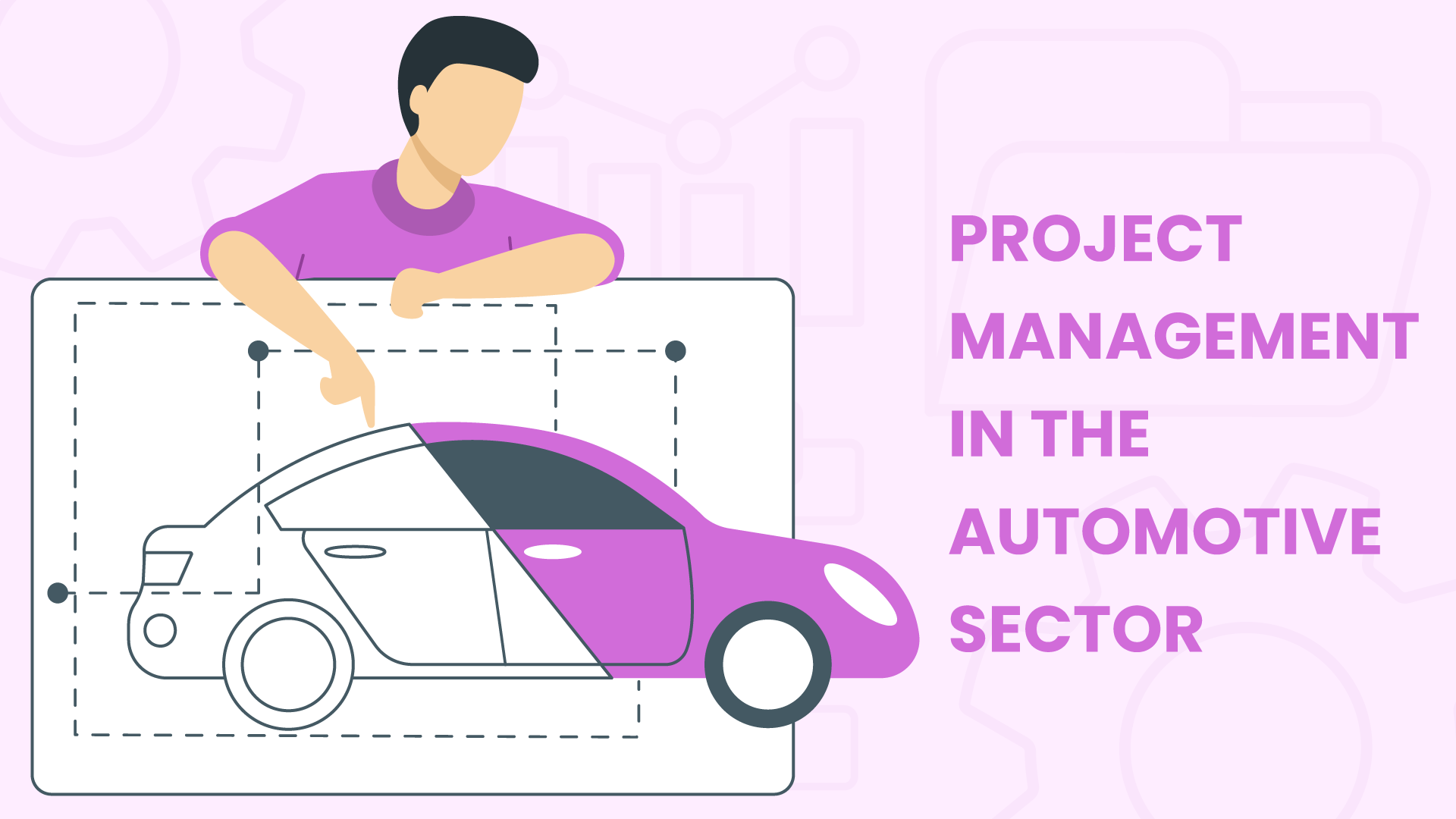

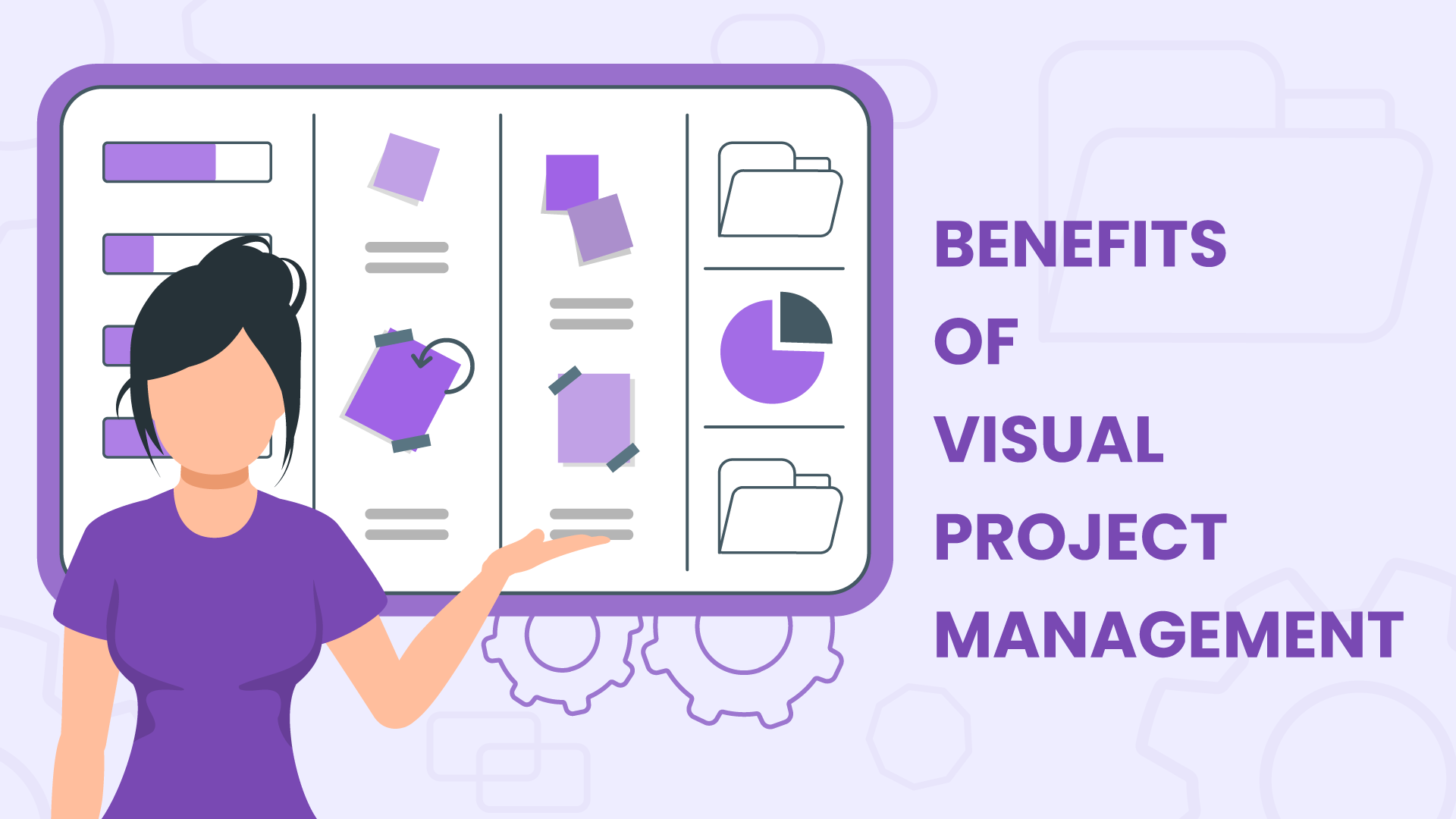
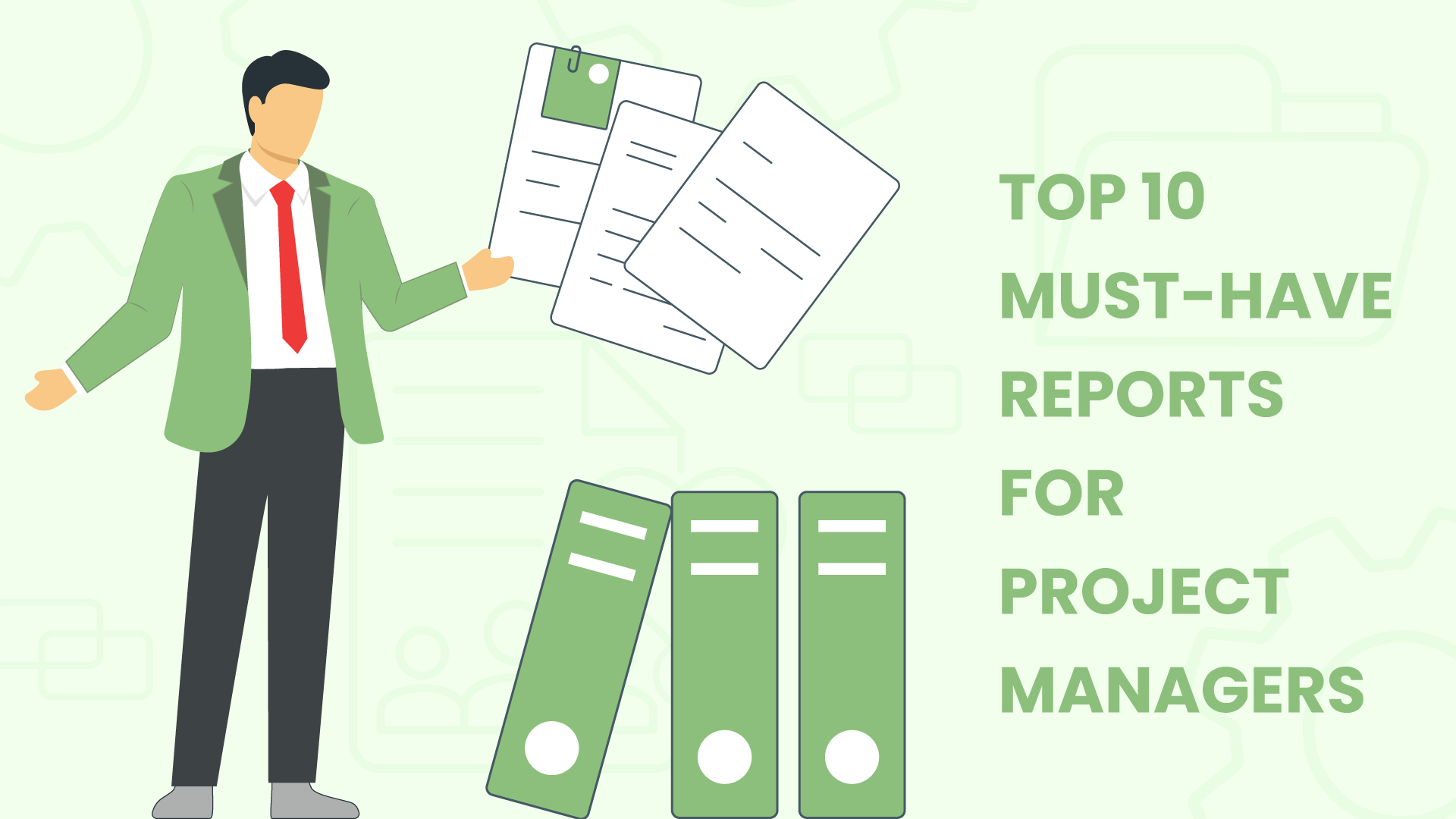

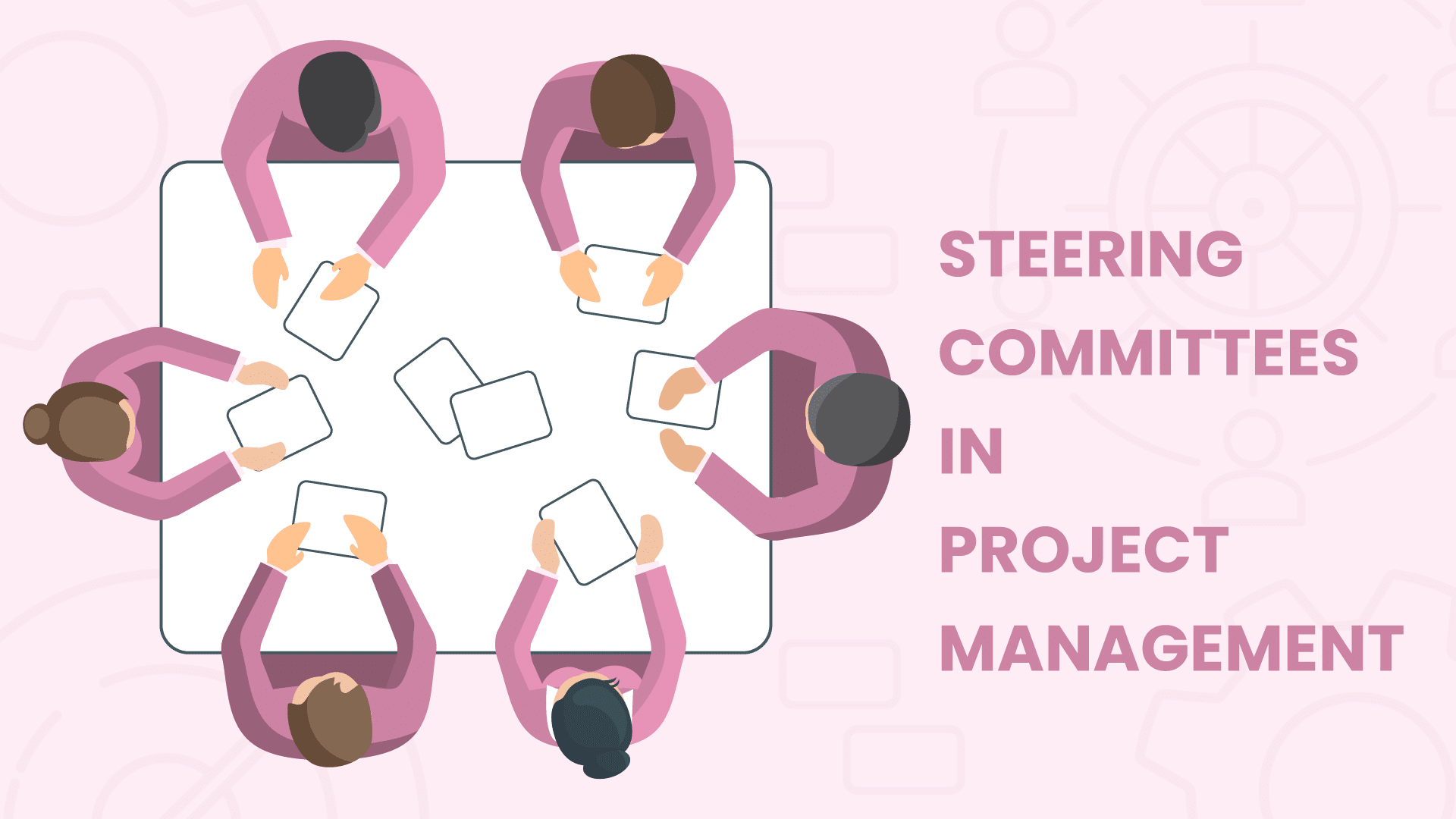

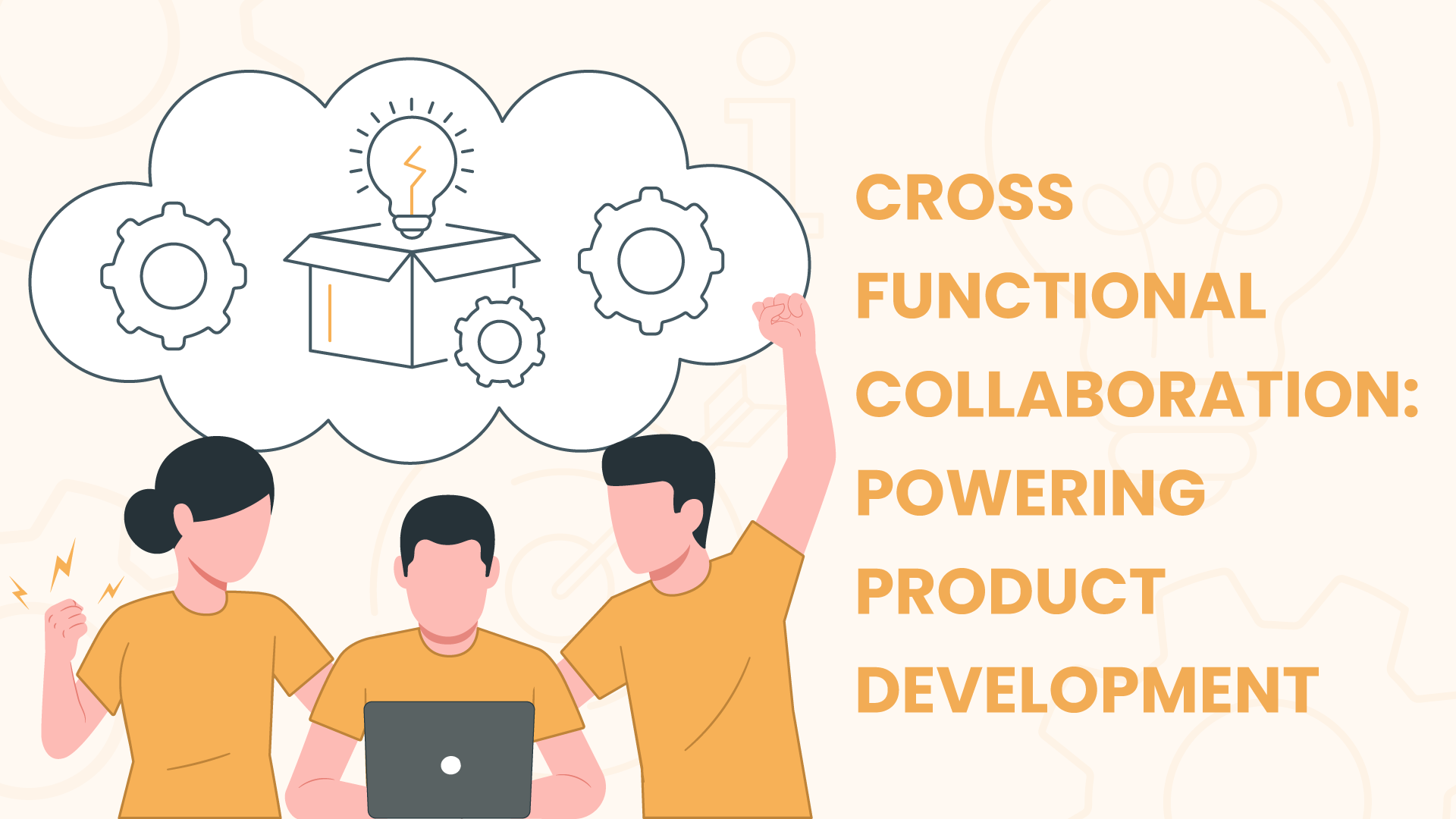
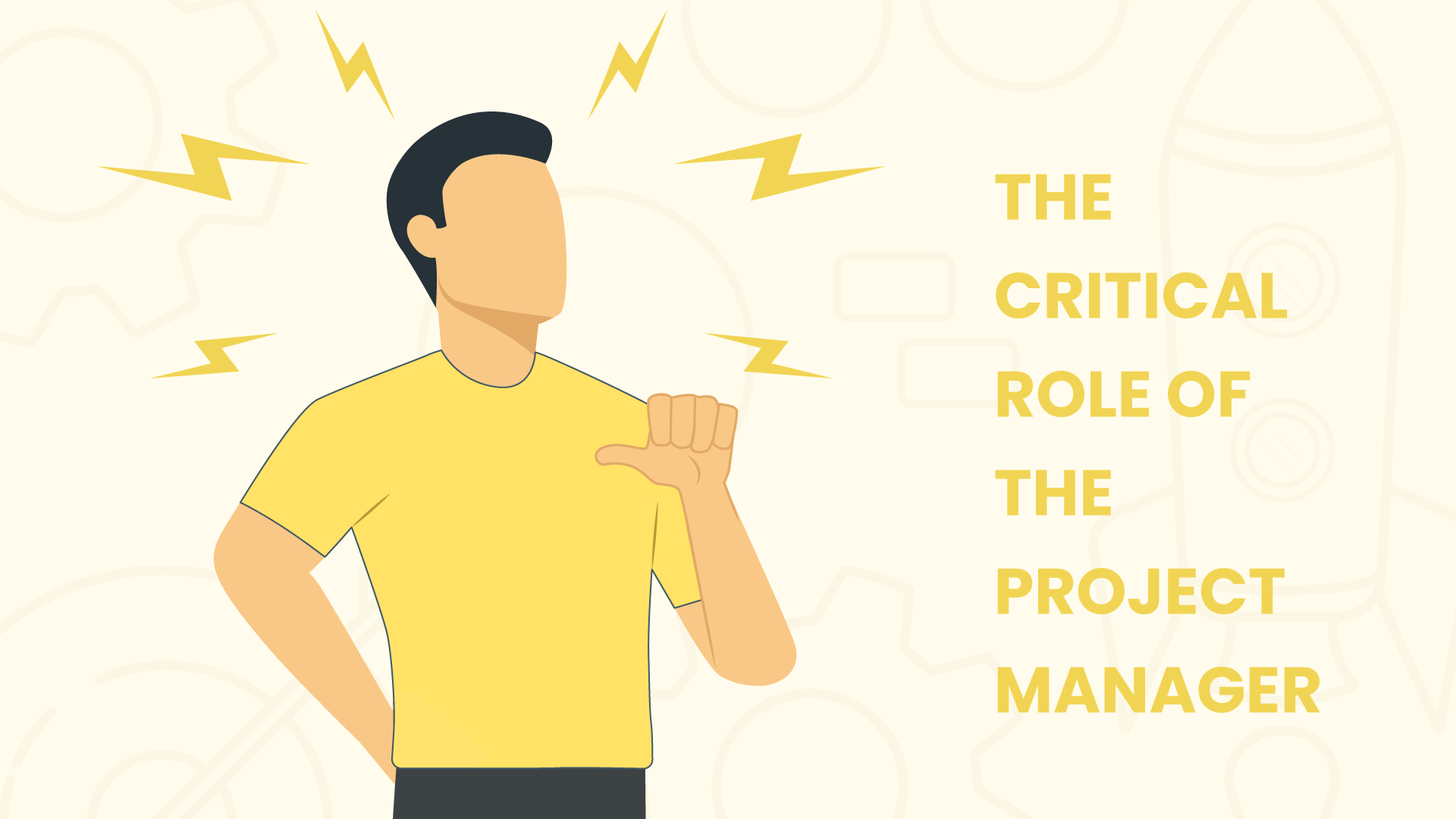
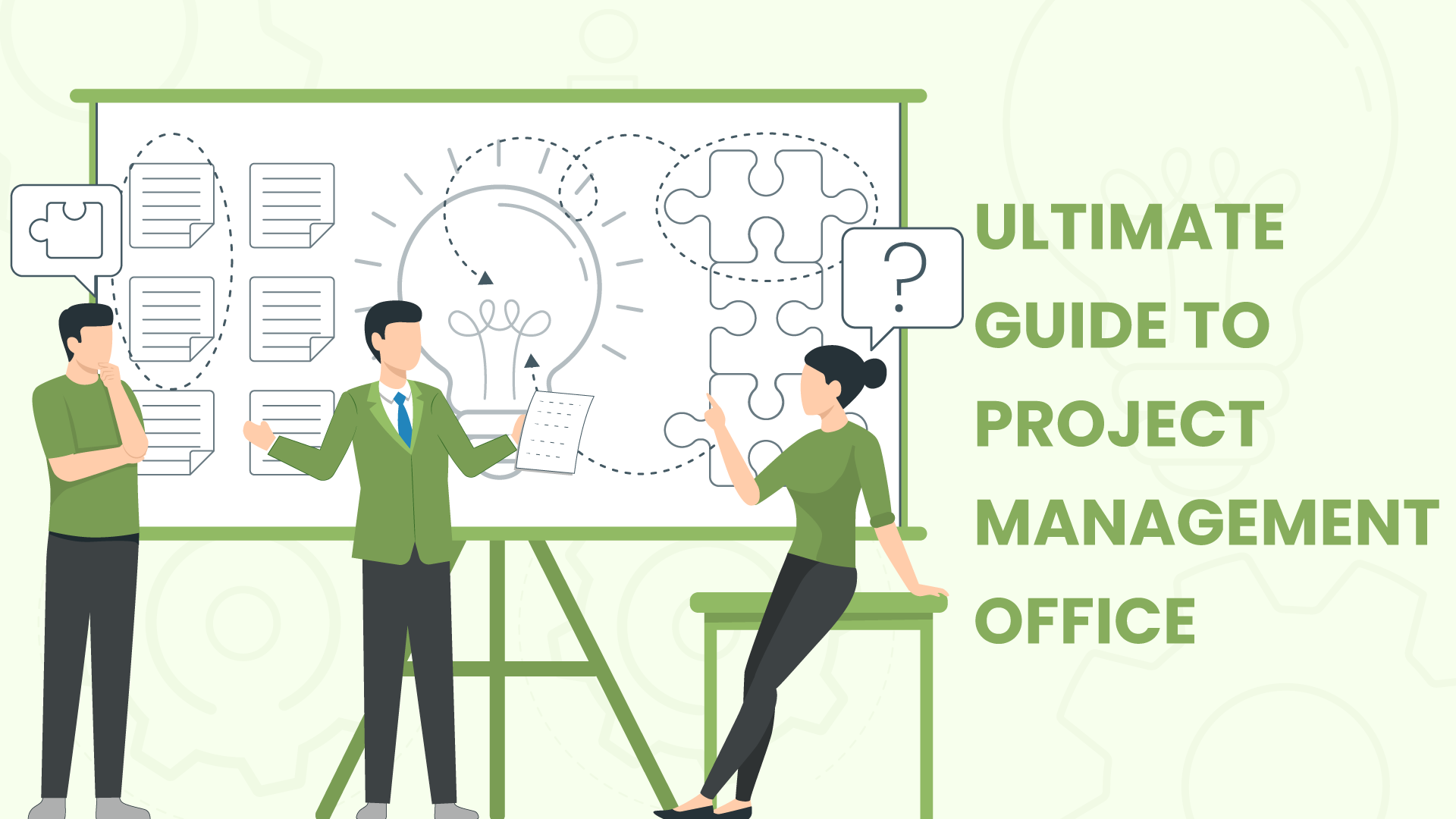

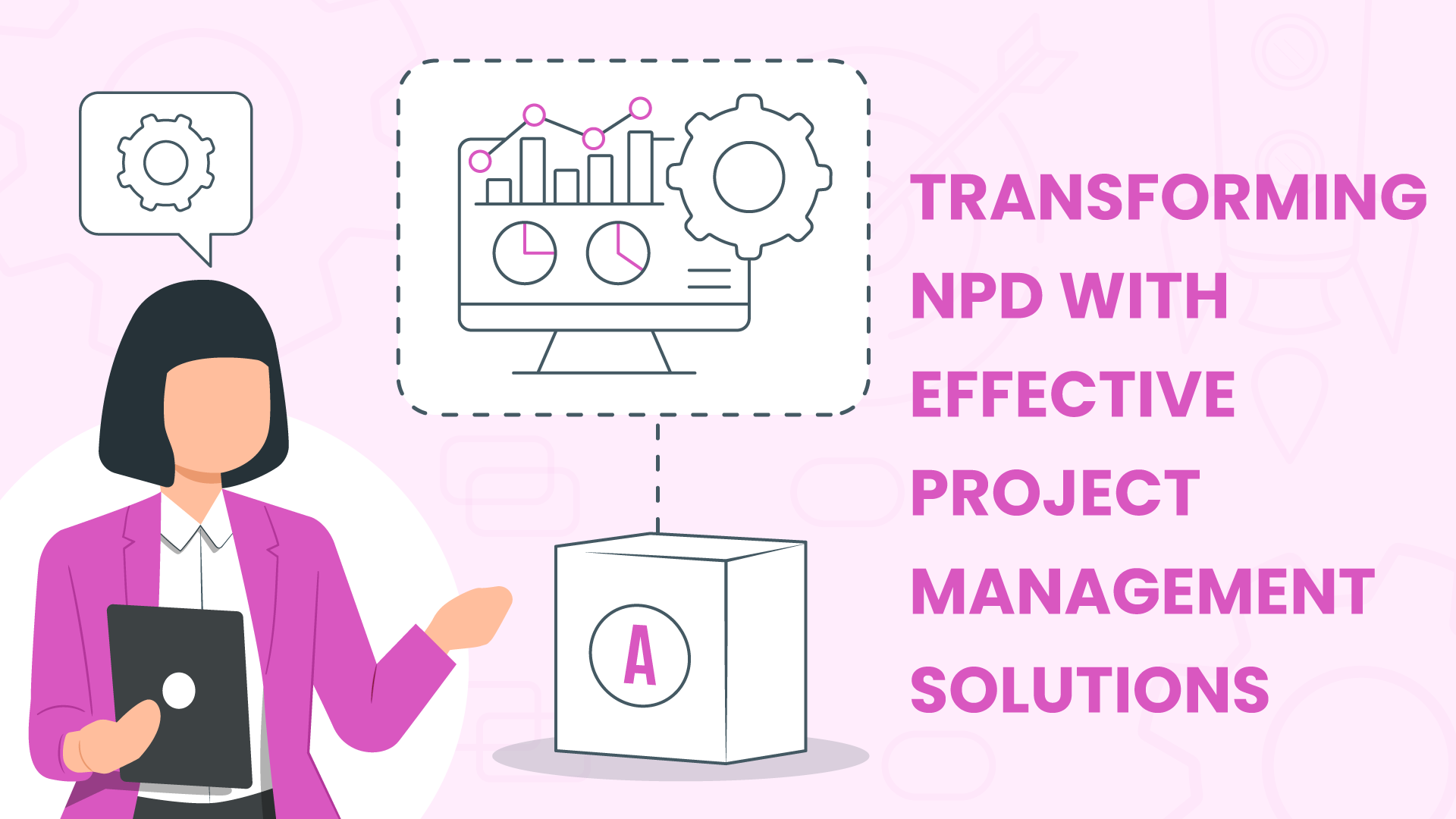
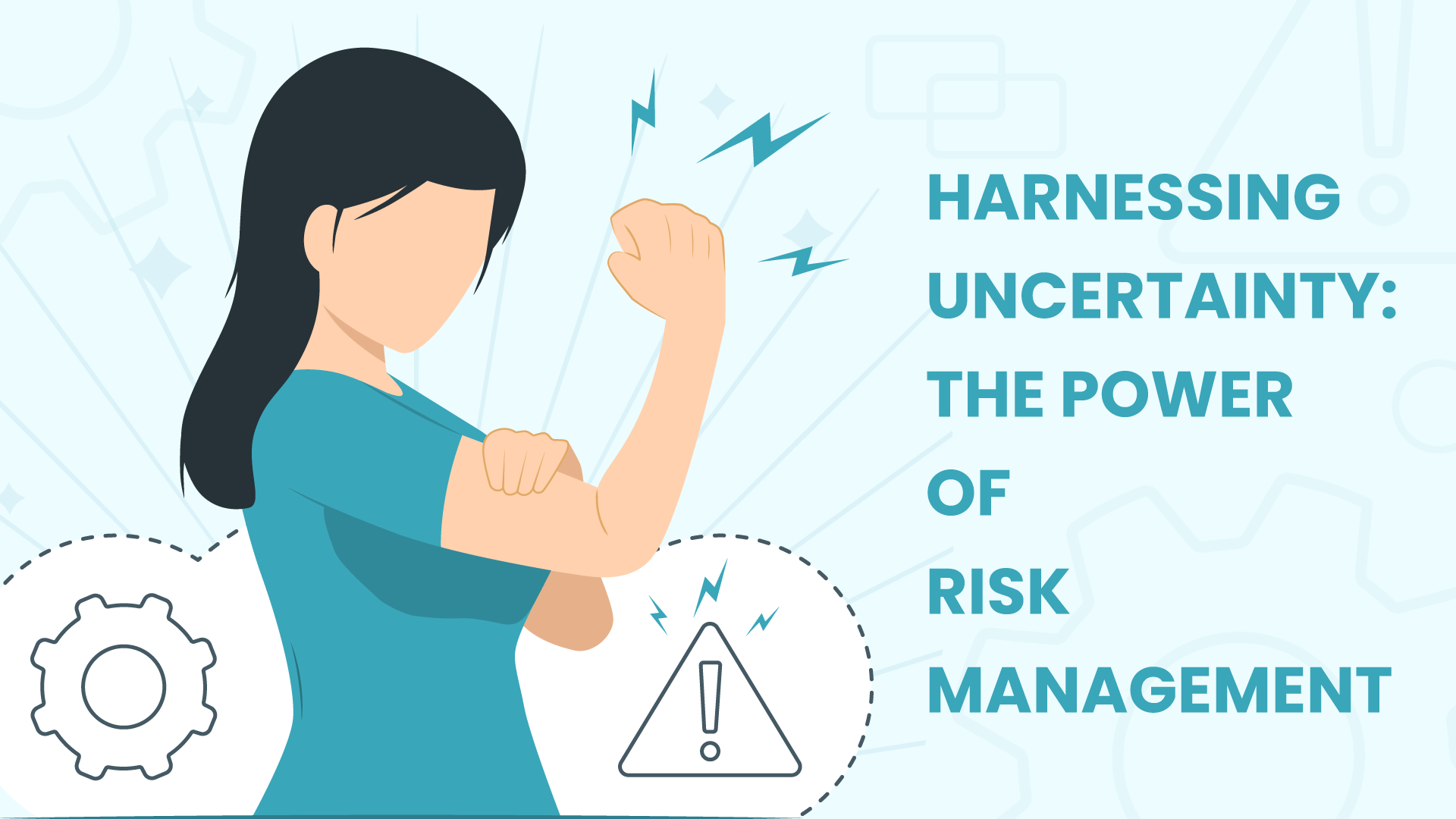
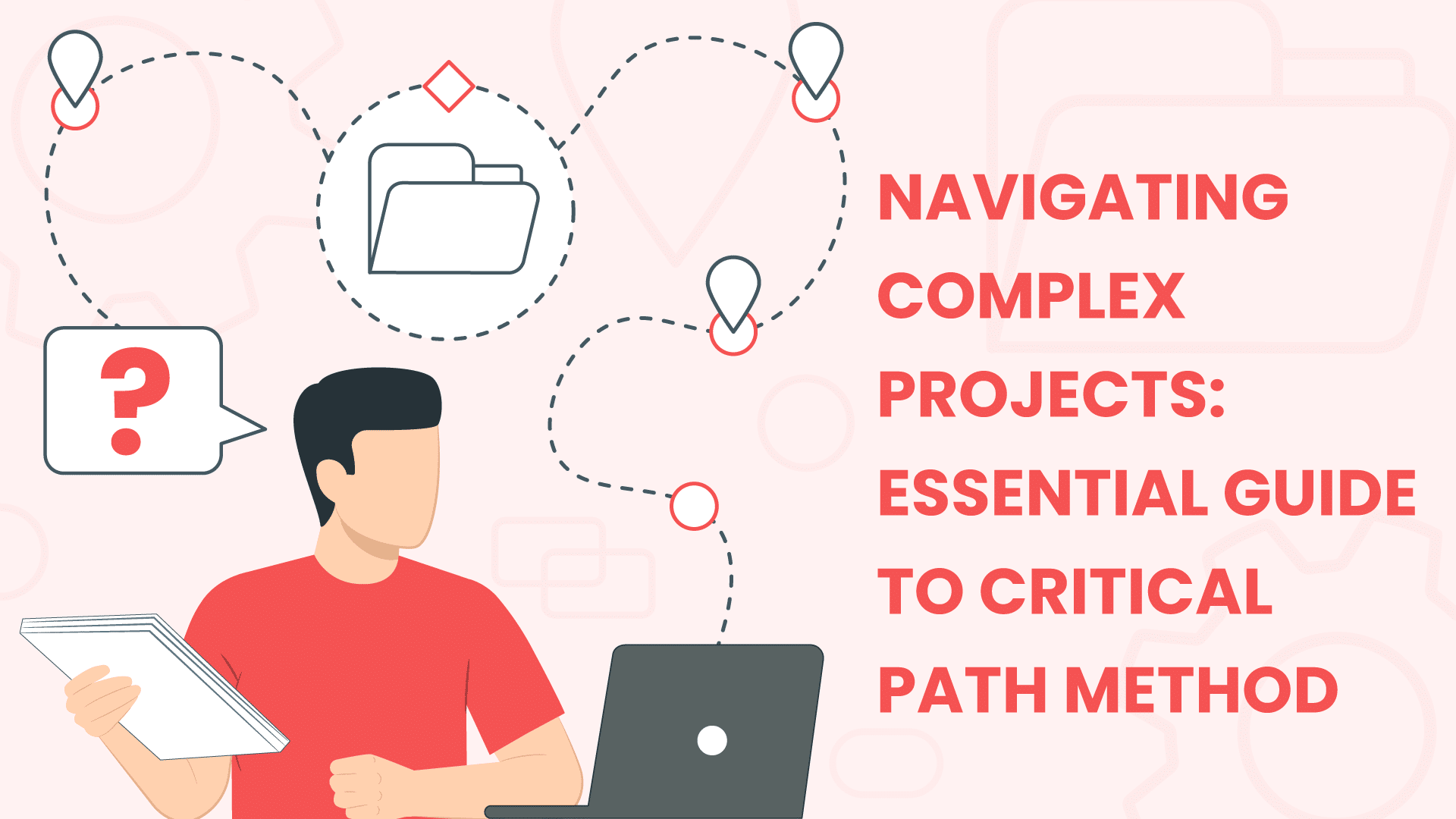





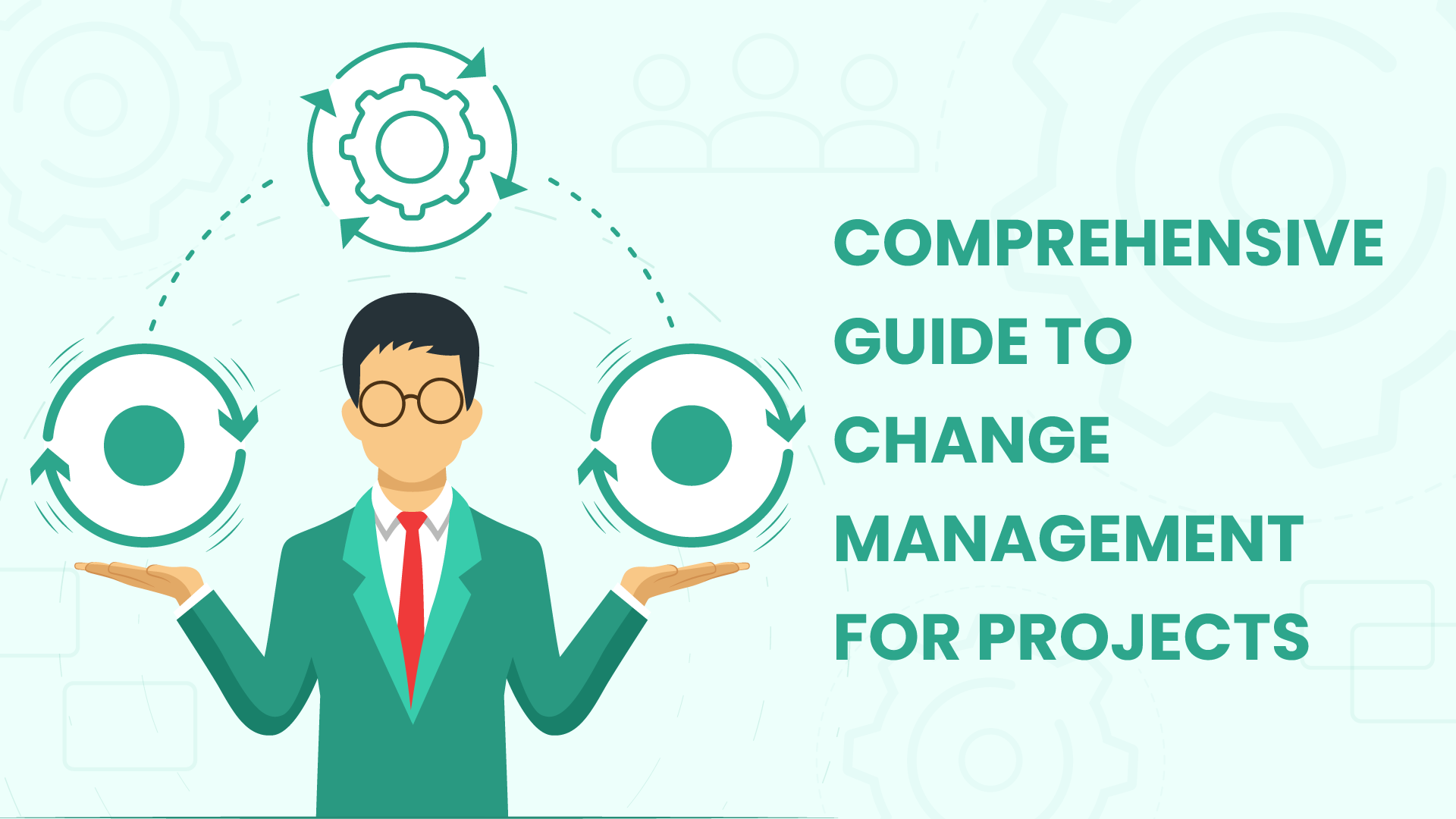
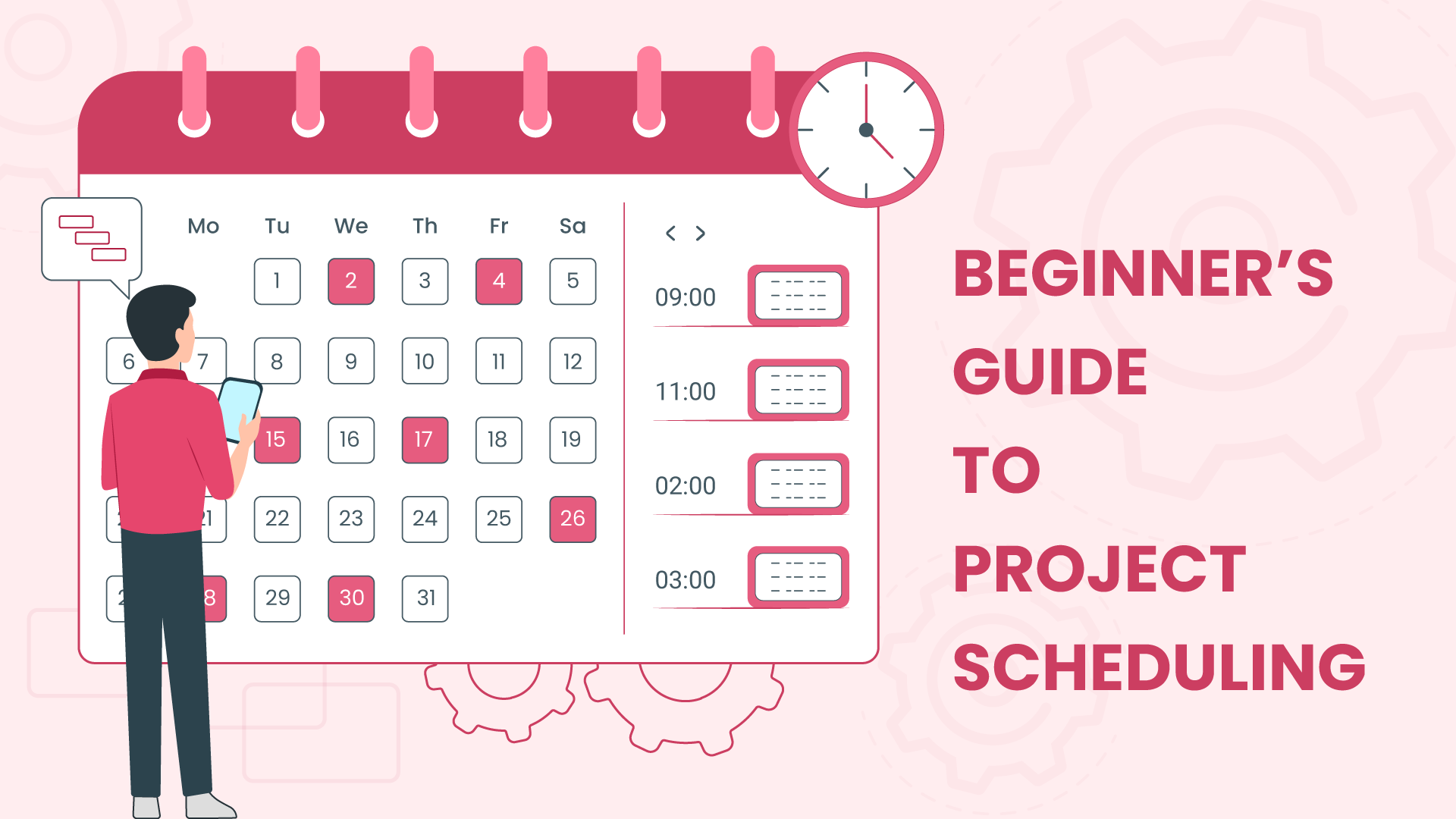
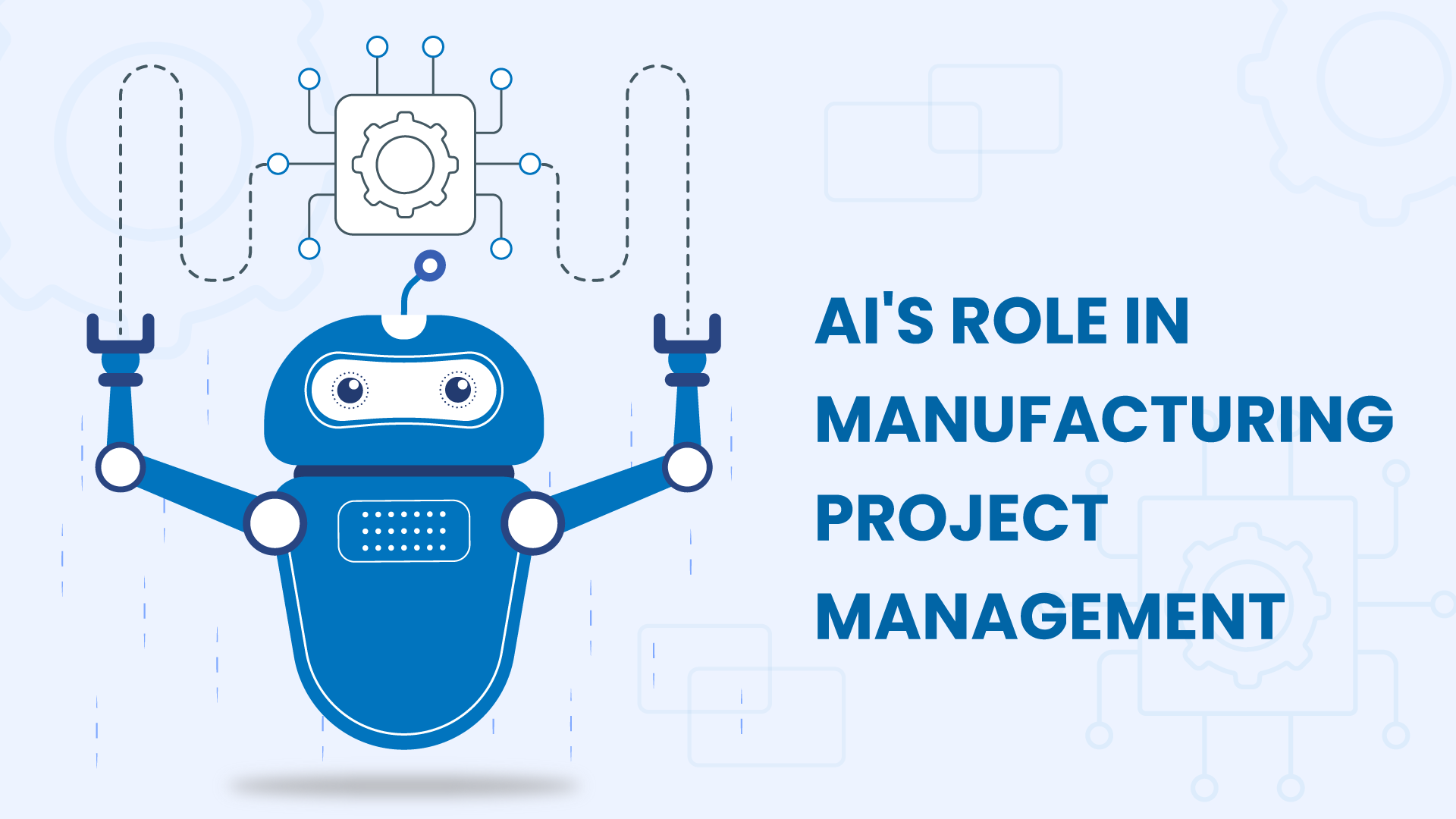


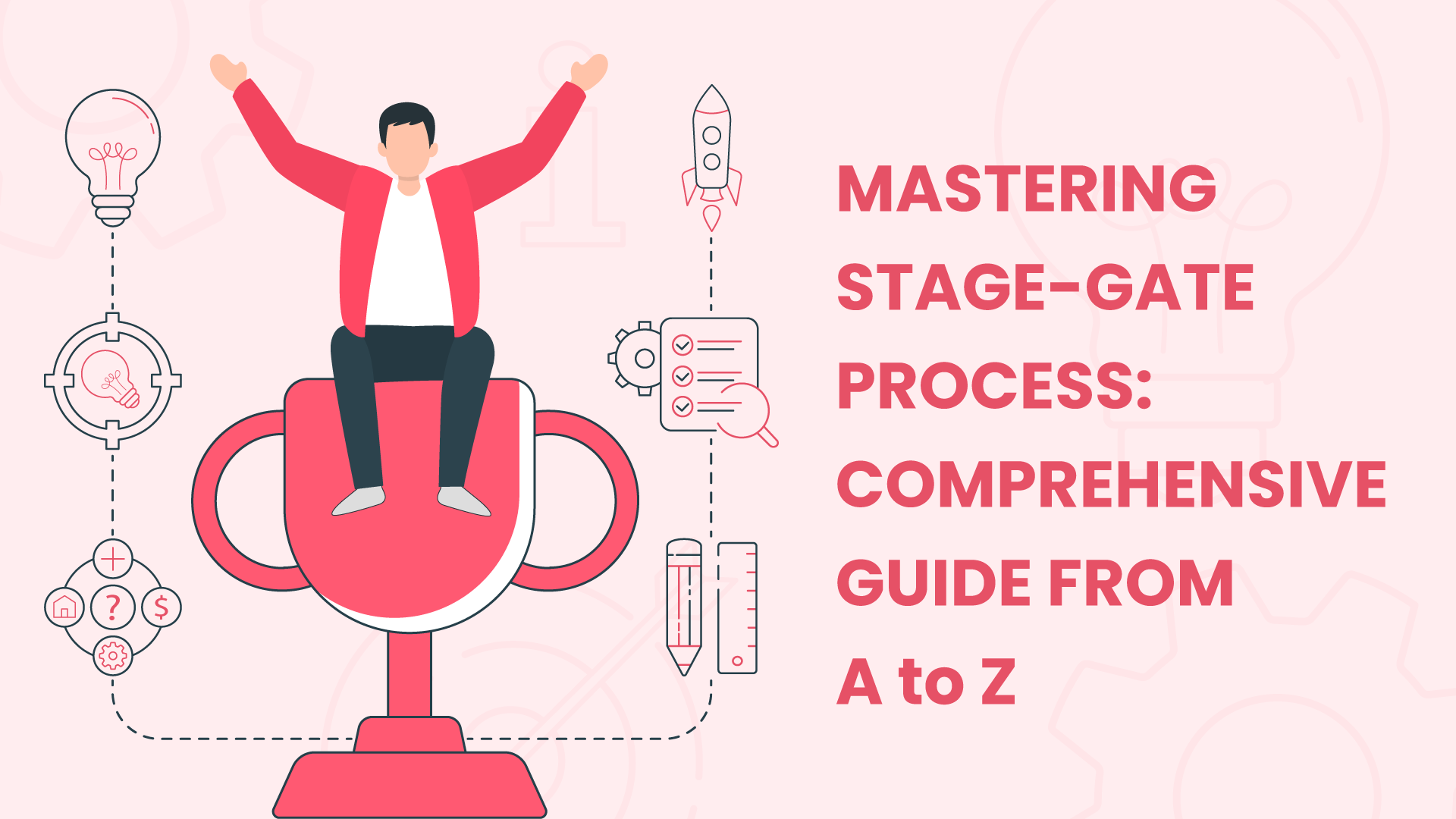

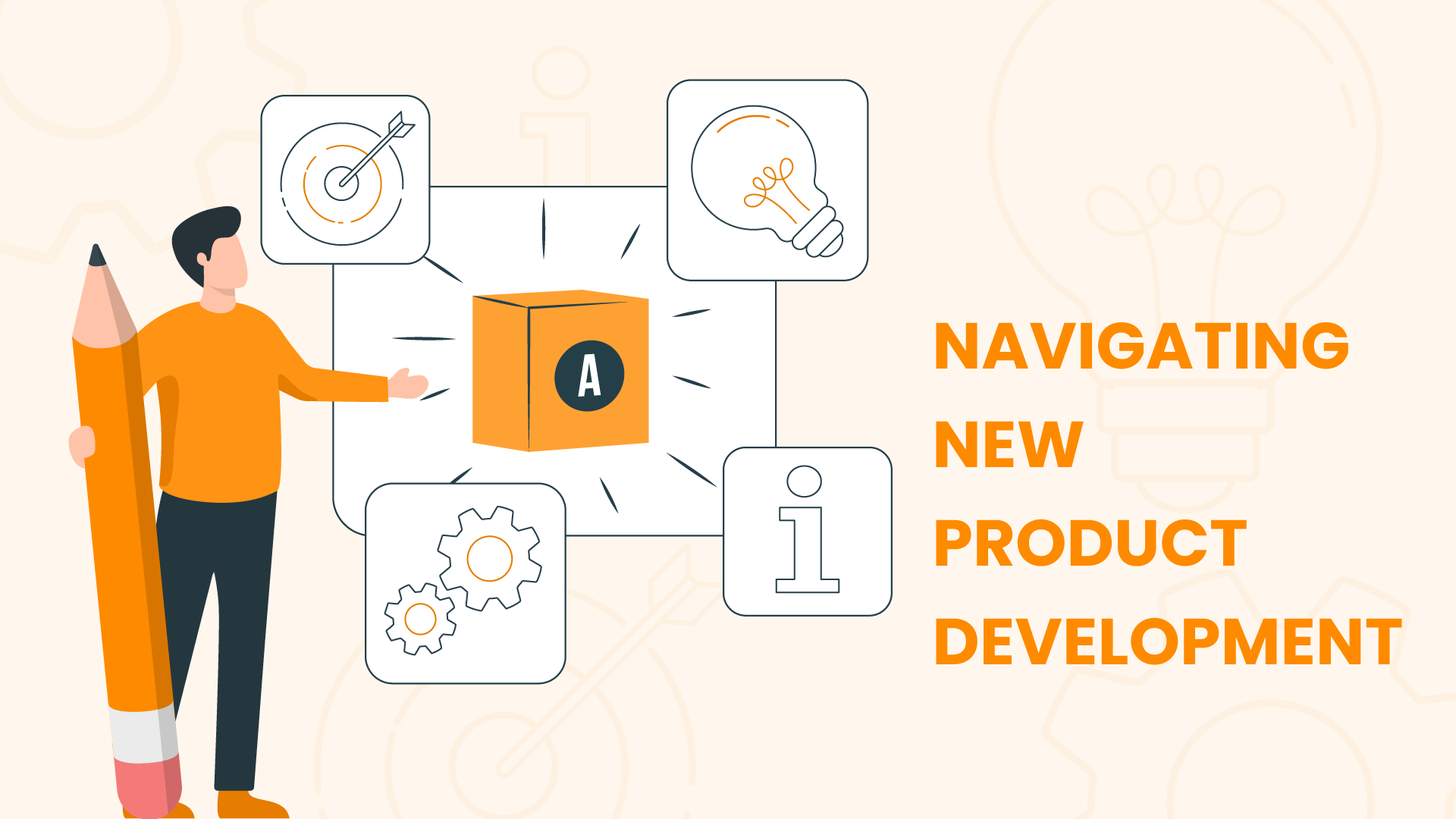





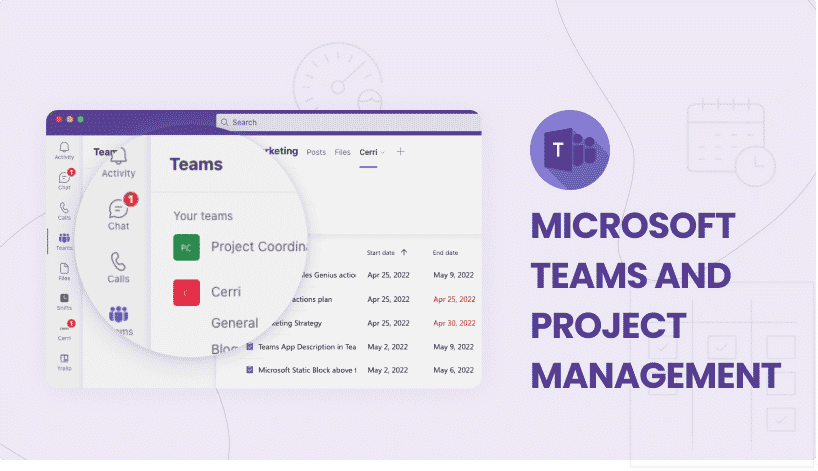

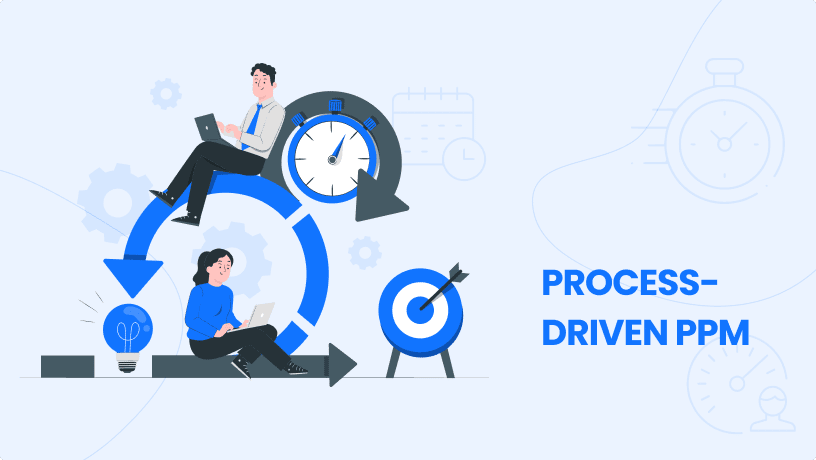
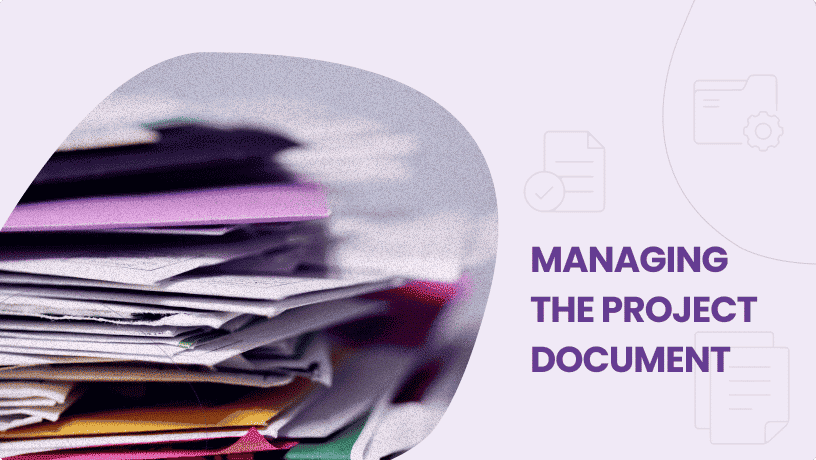
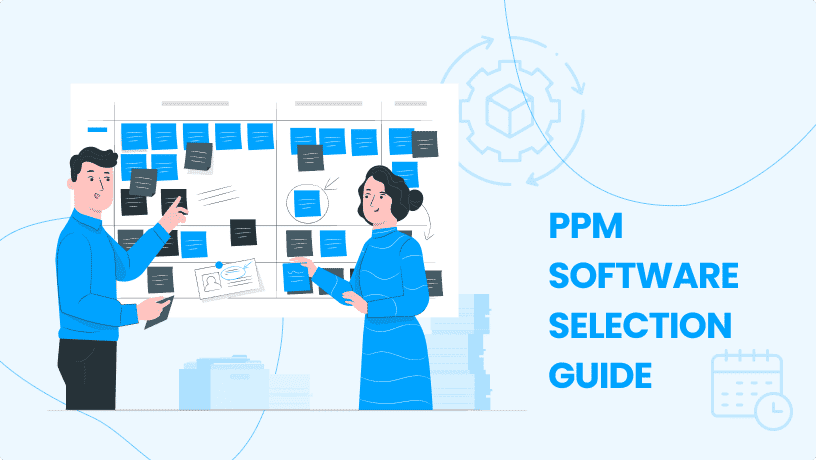
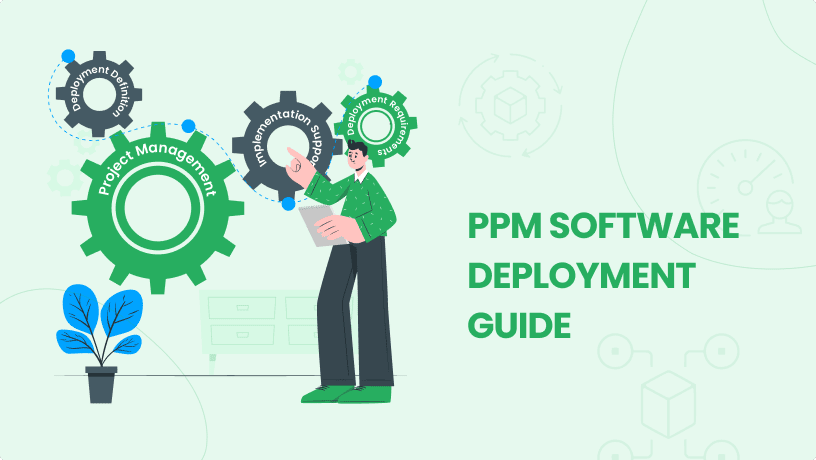
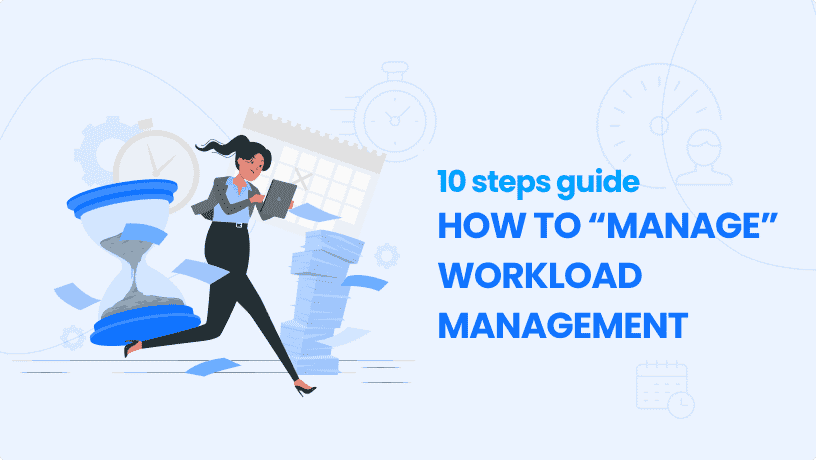






 Task Management
Task Management 




















 Customization
Customization
